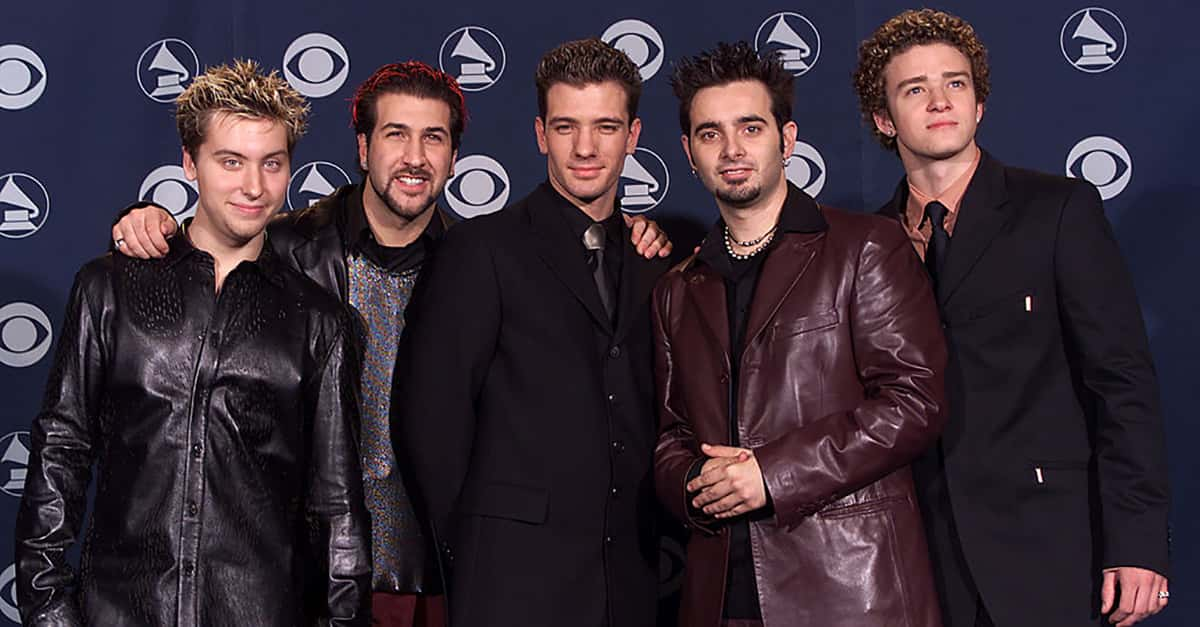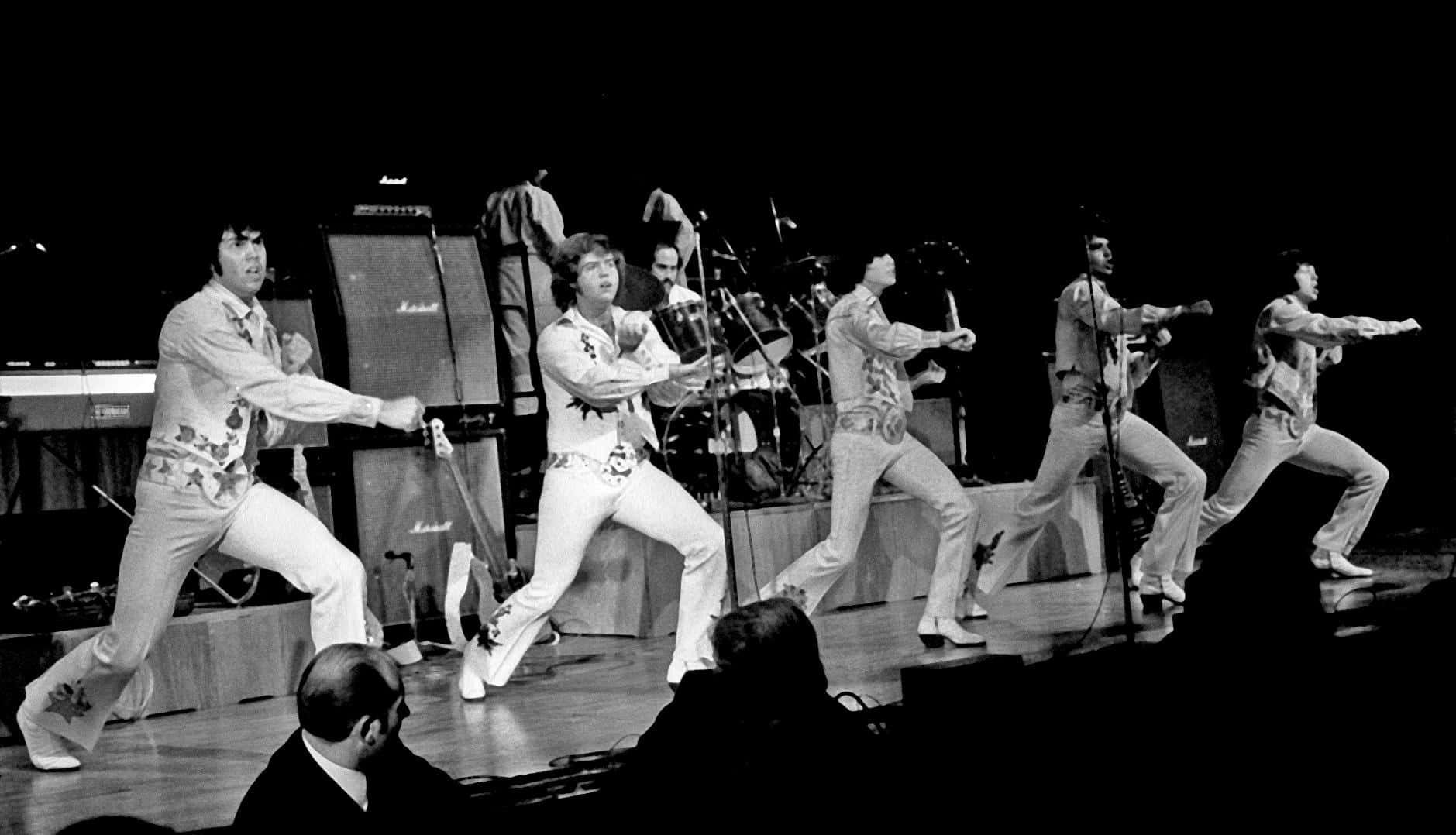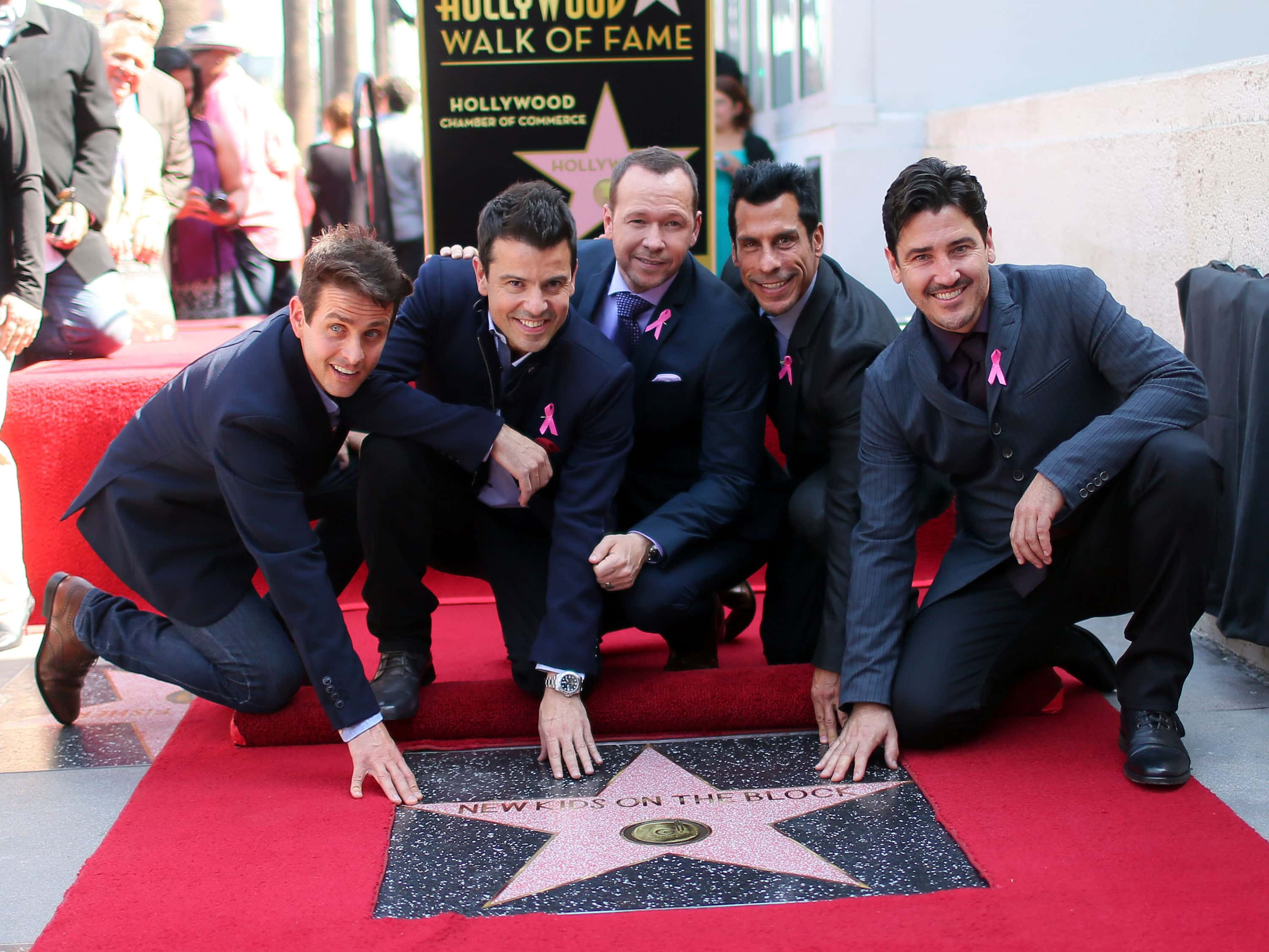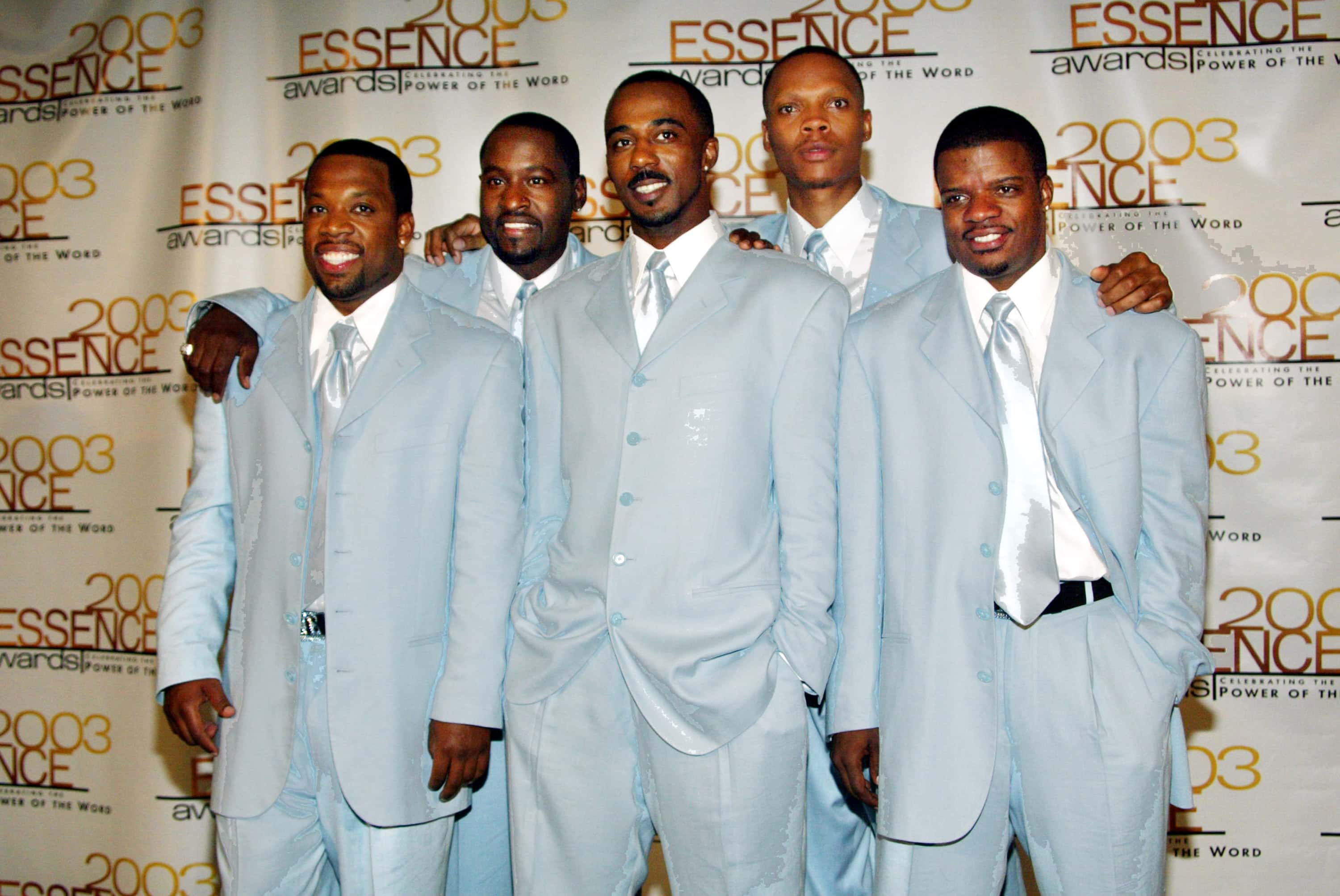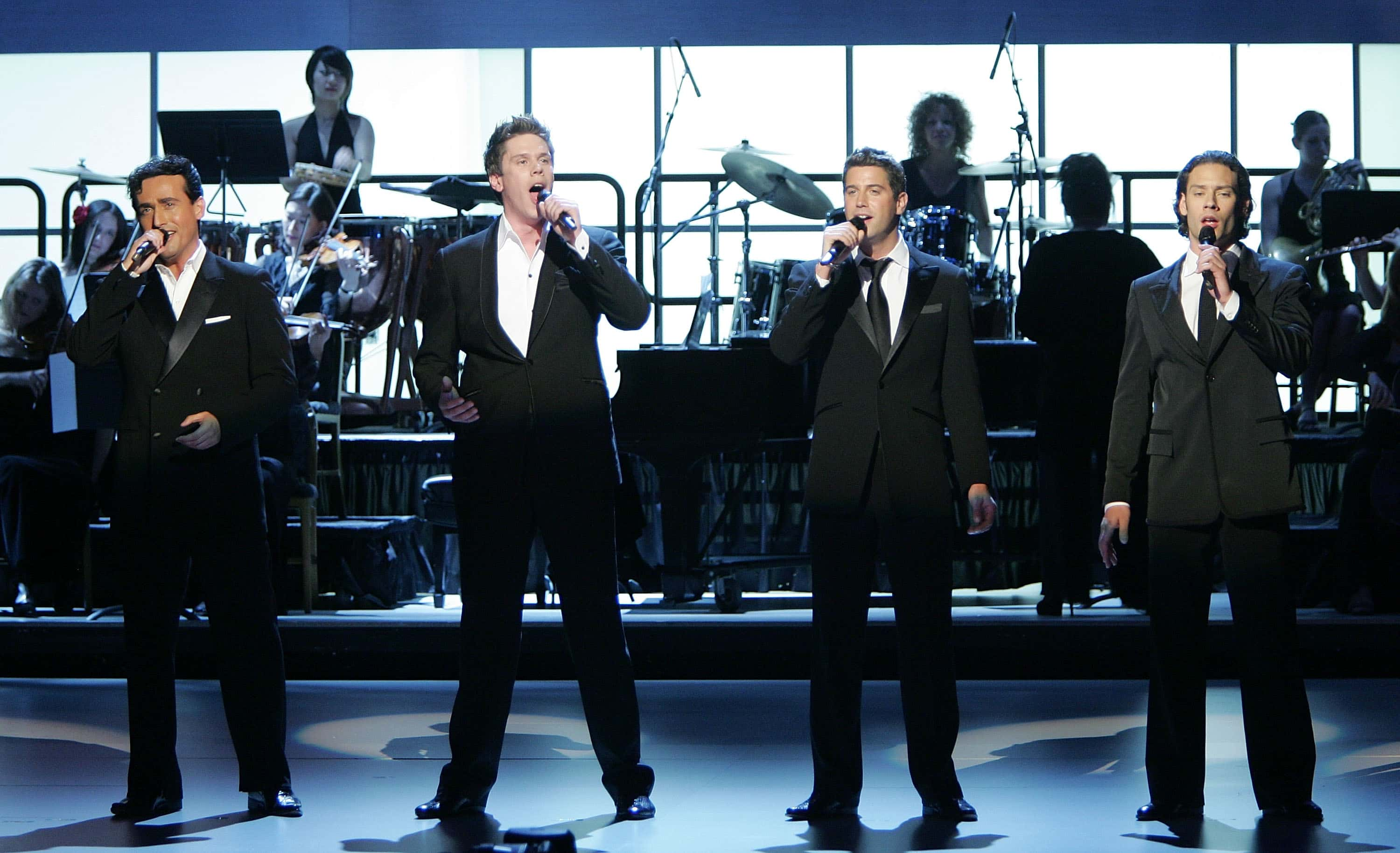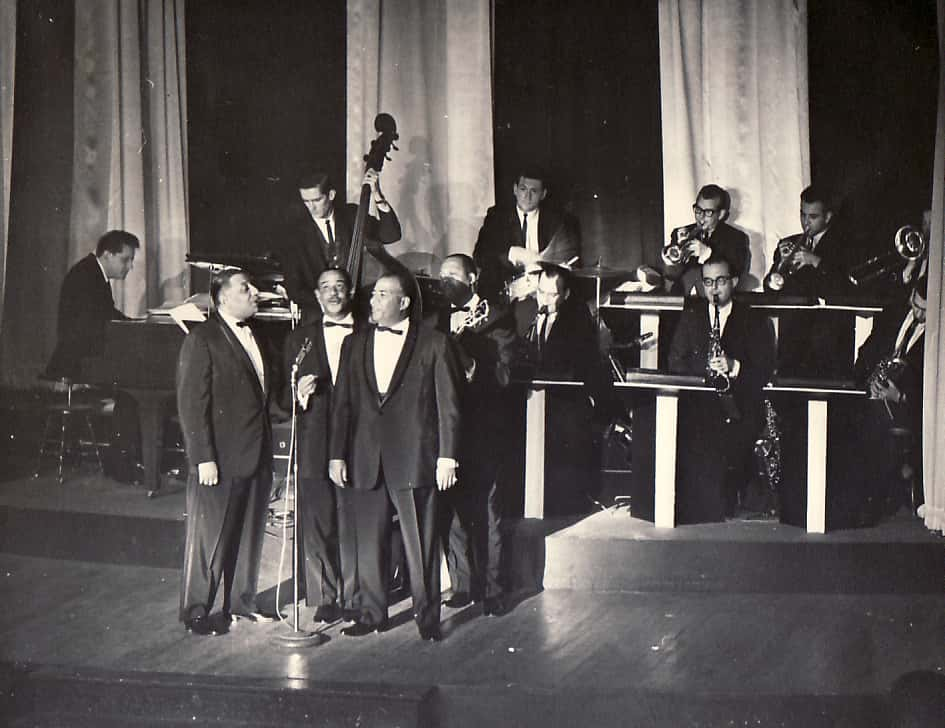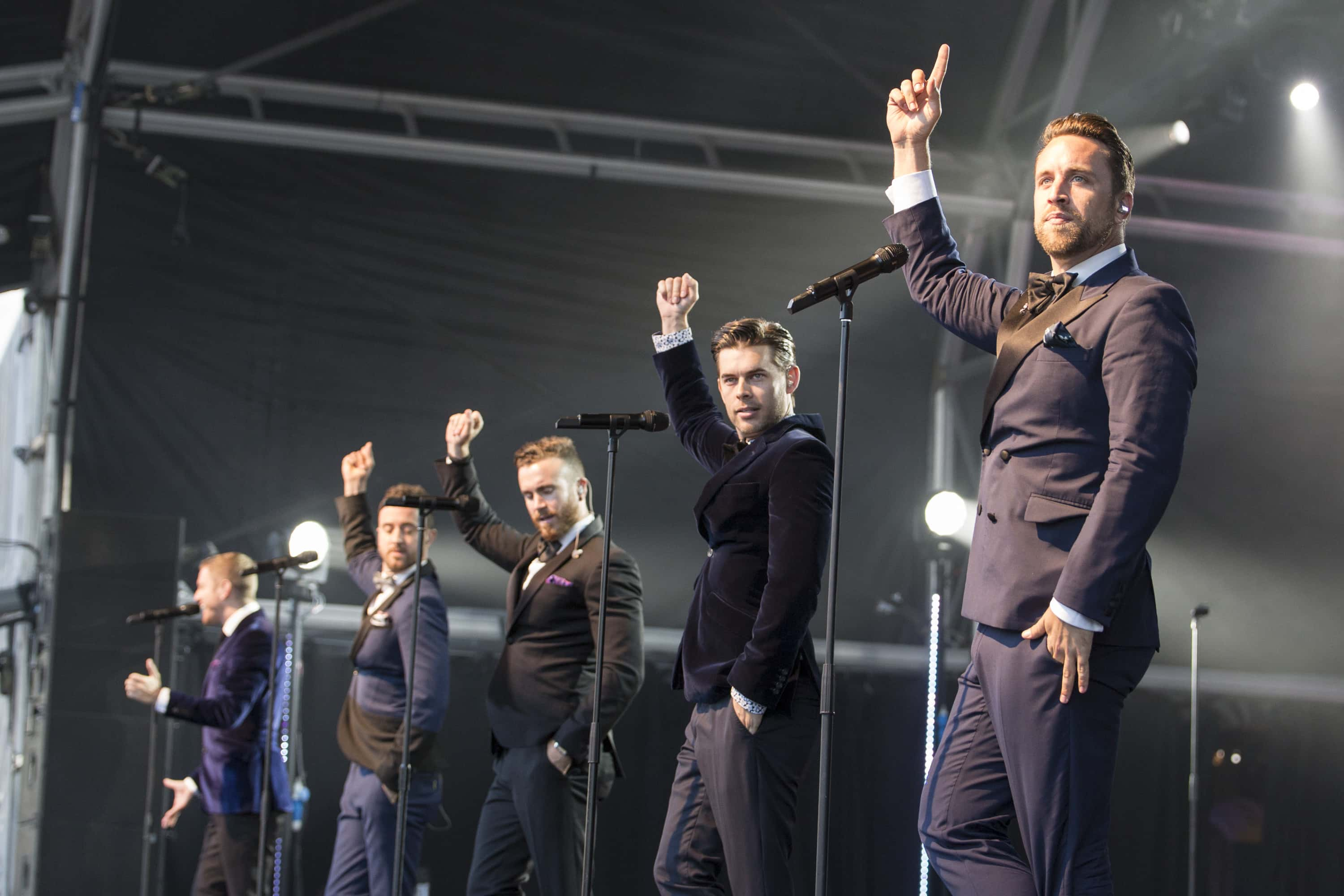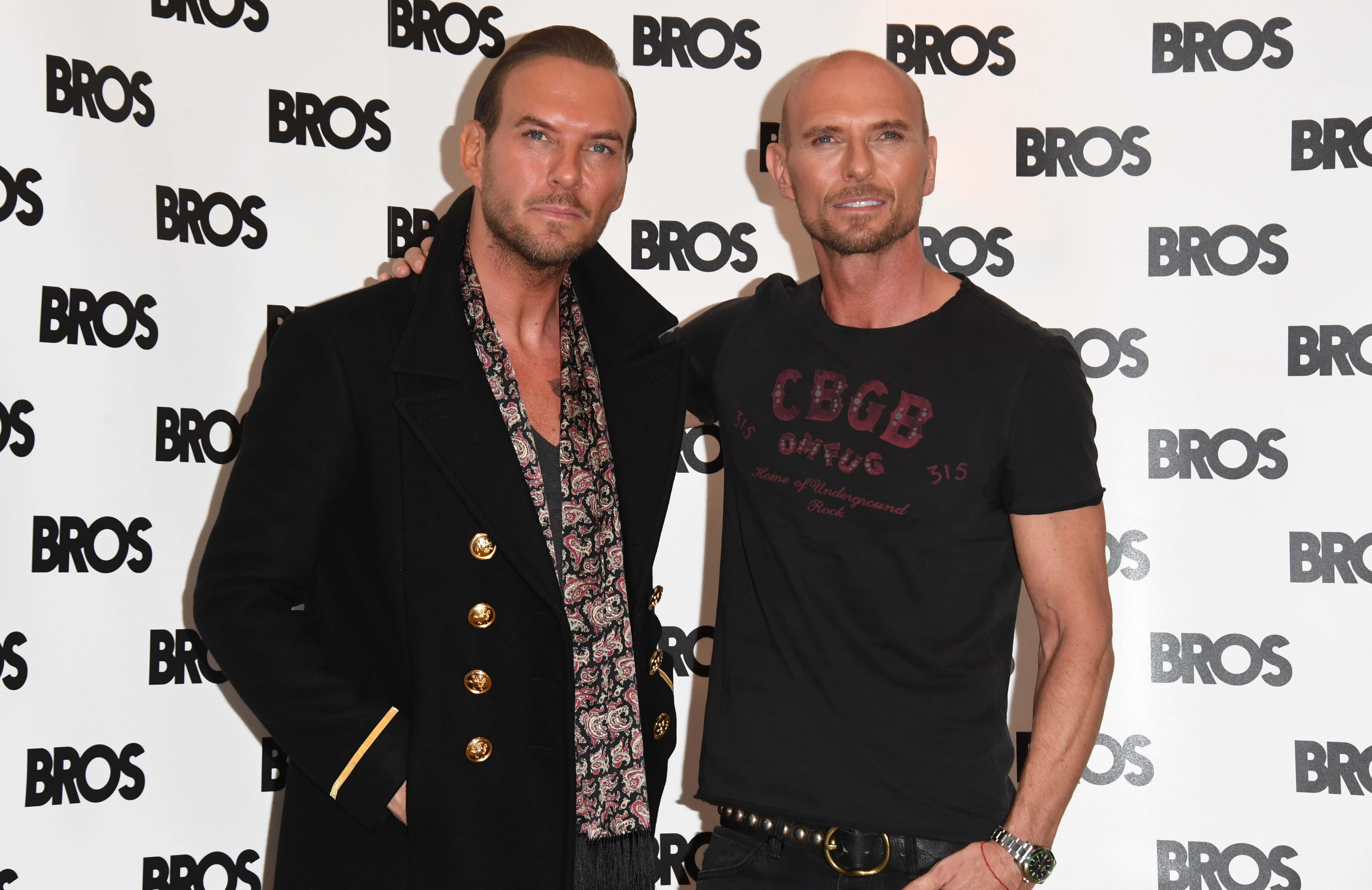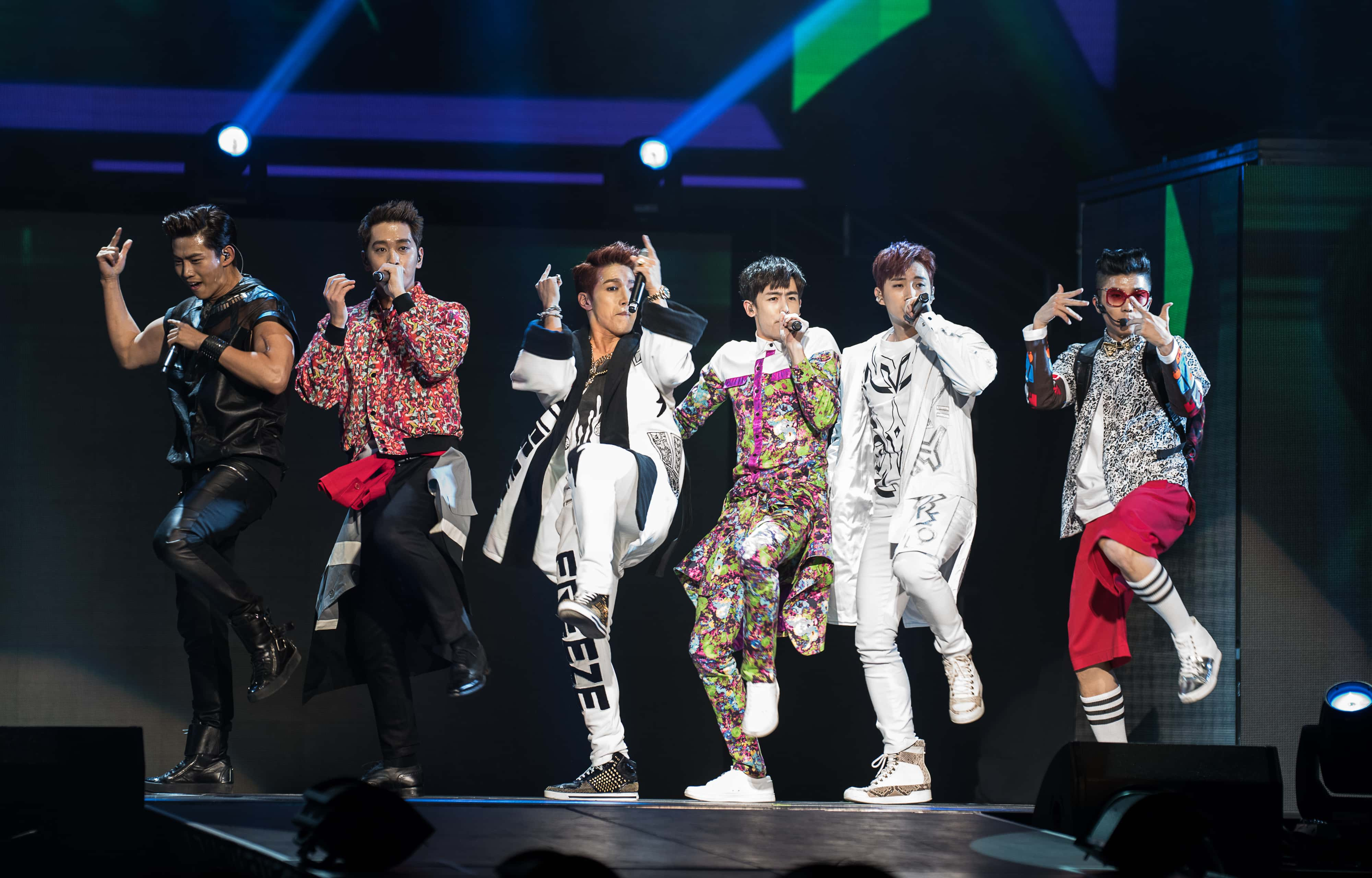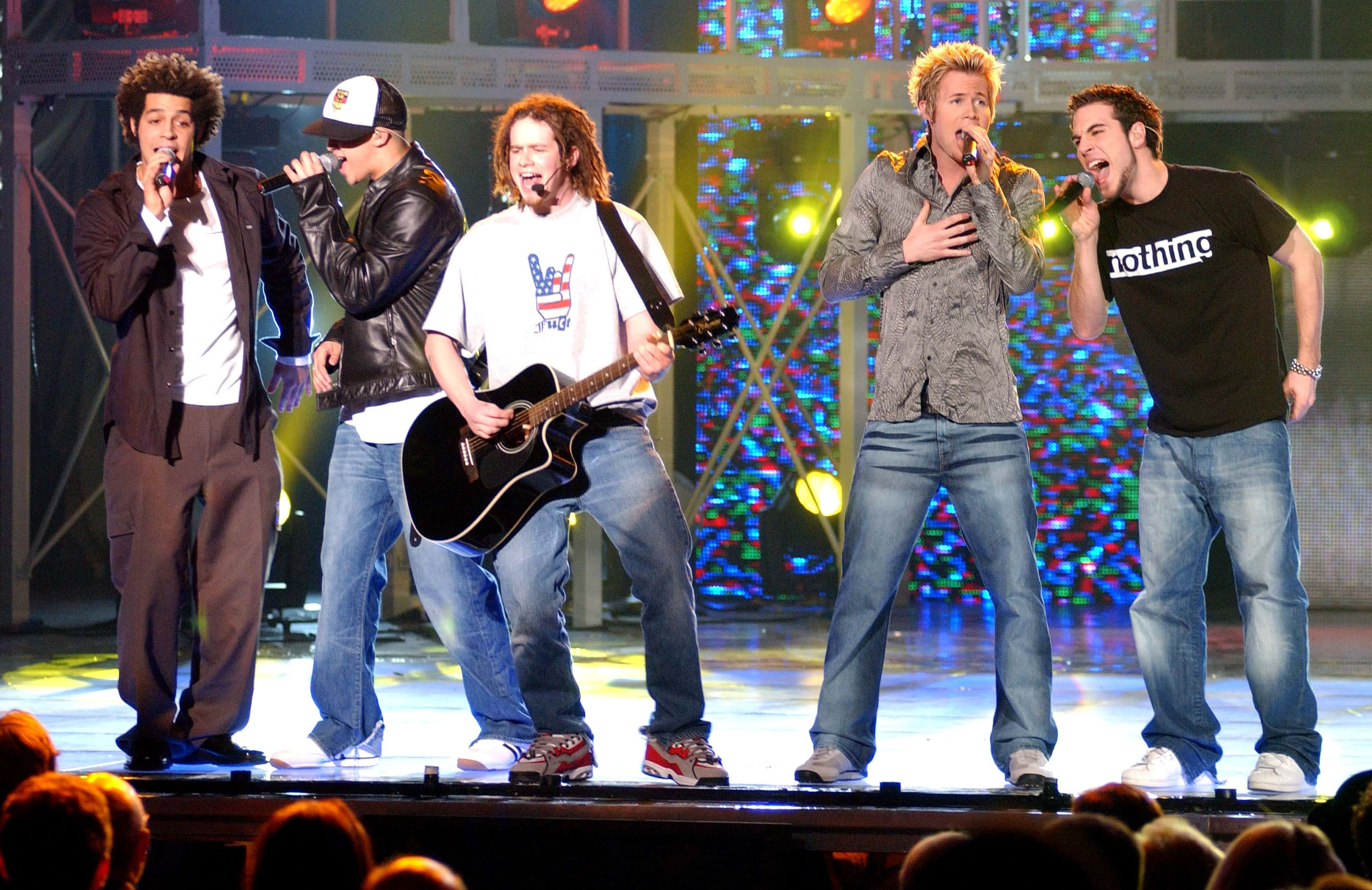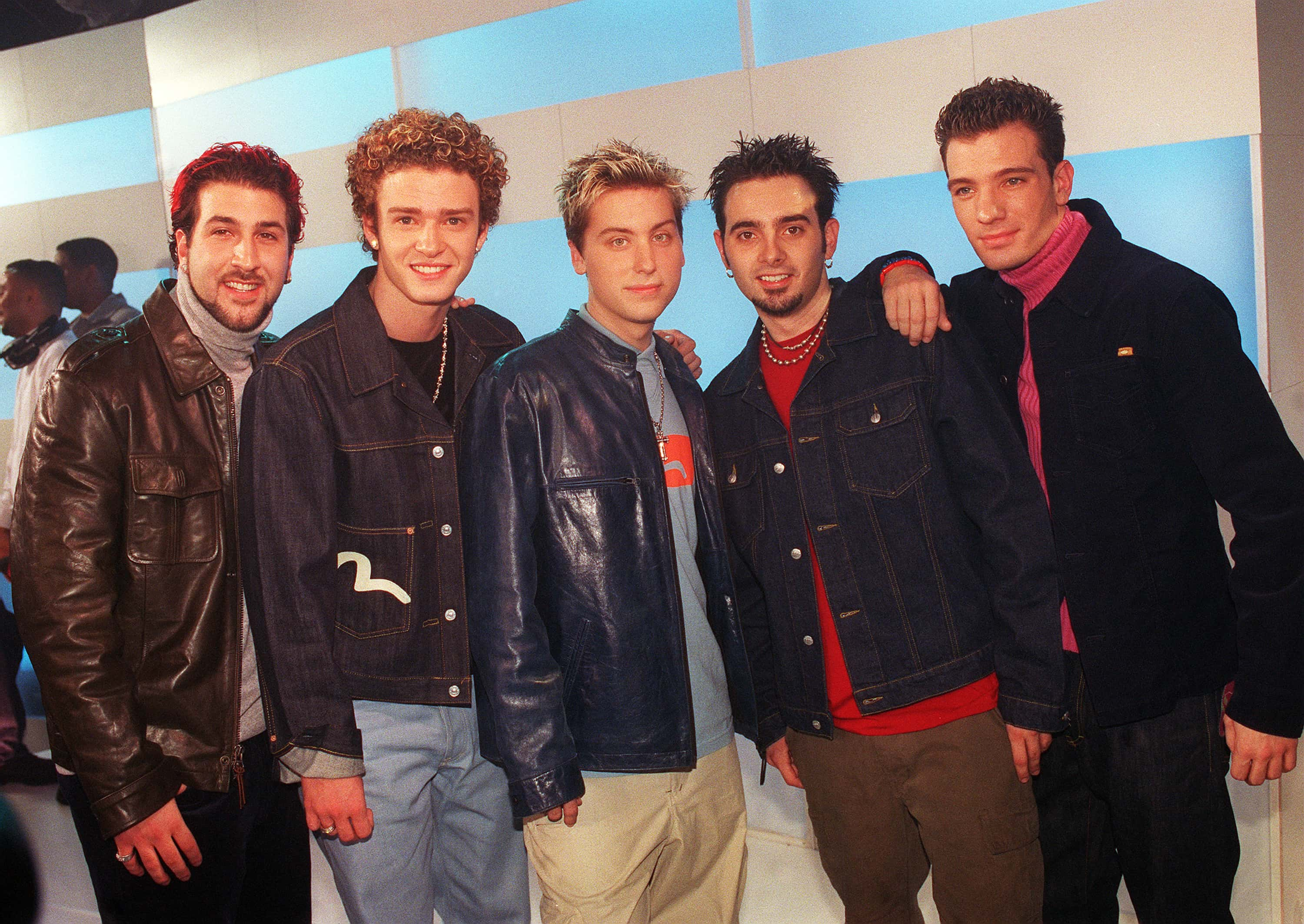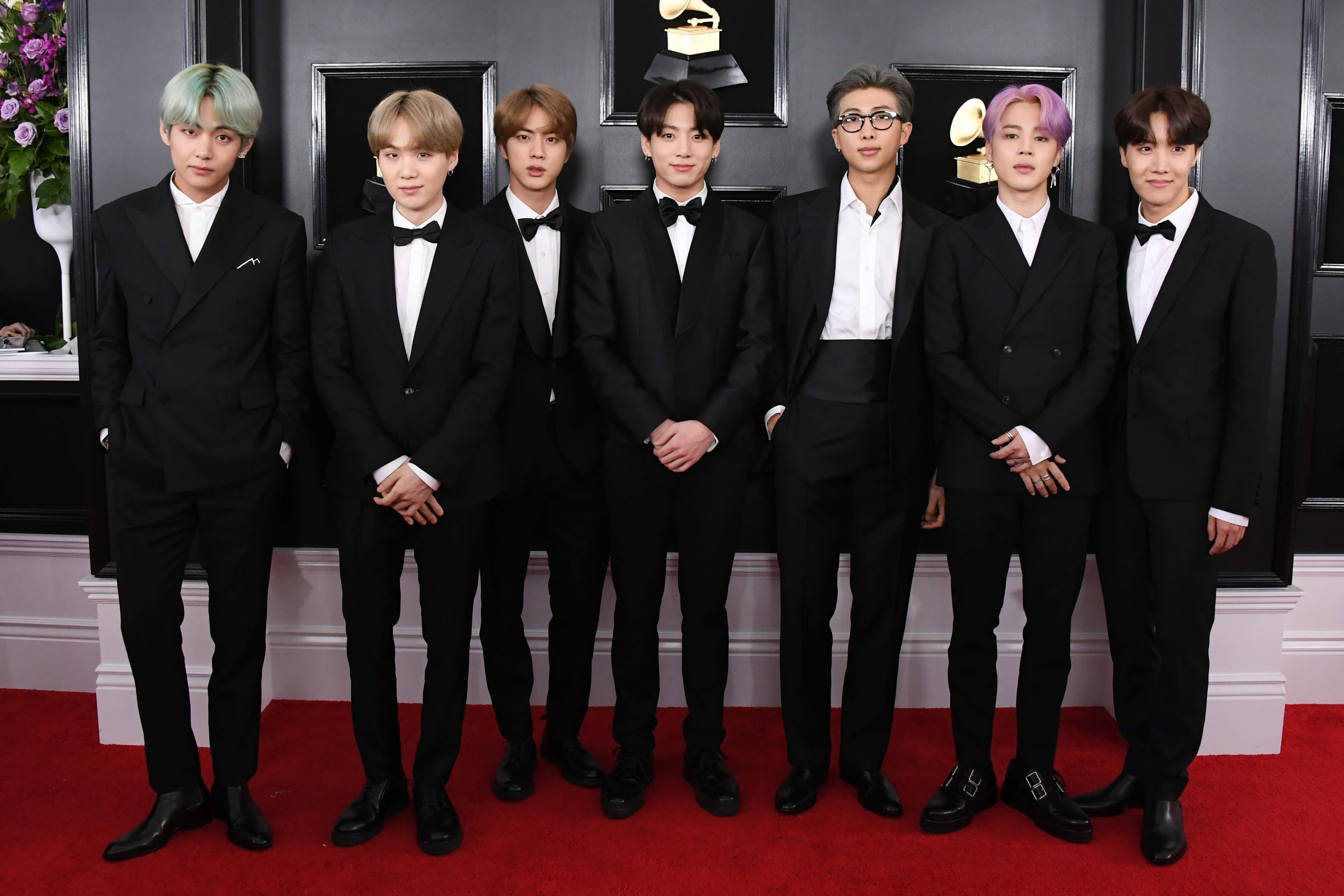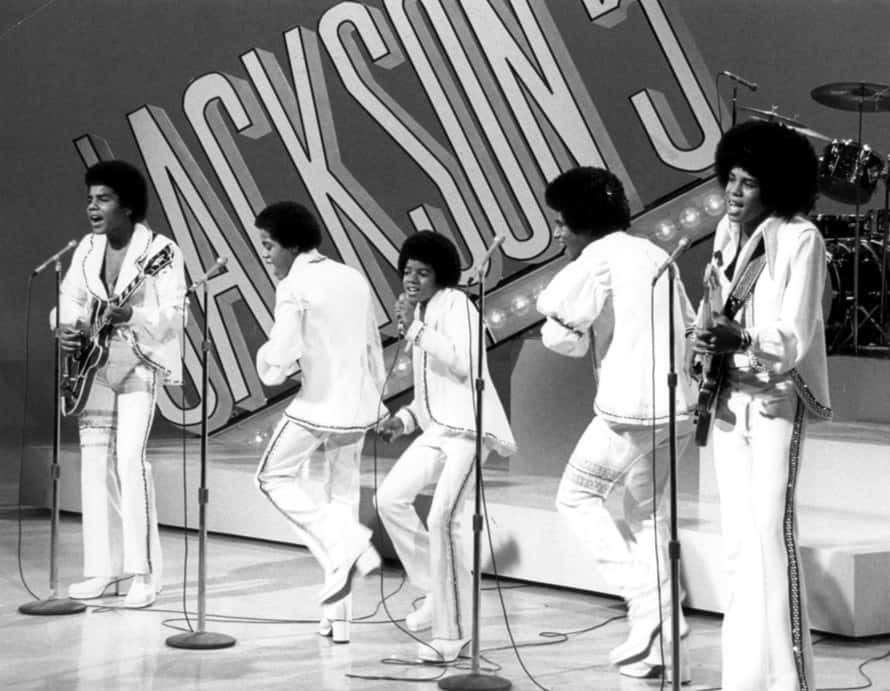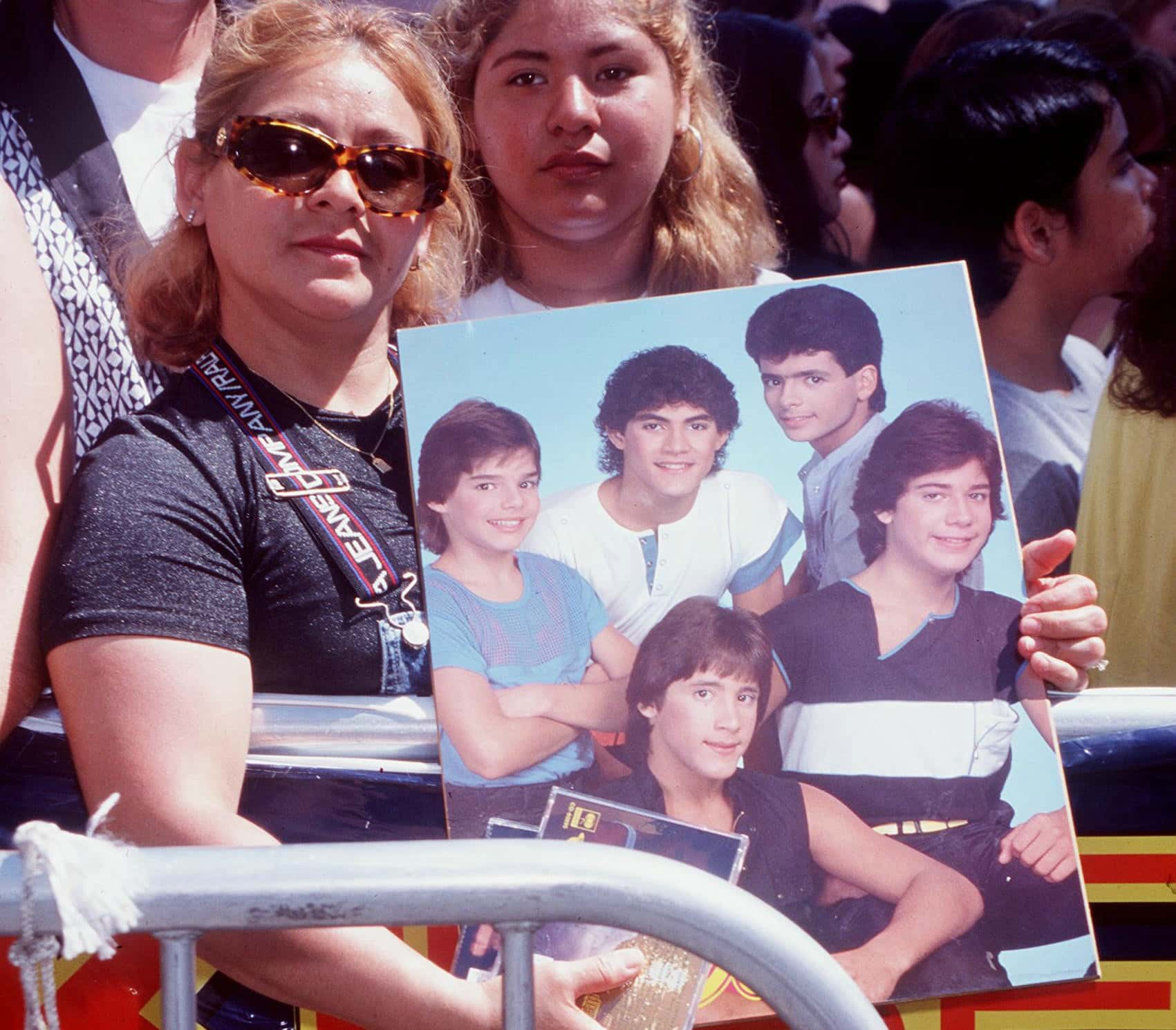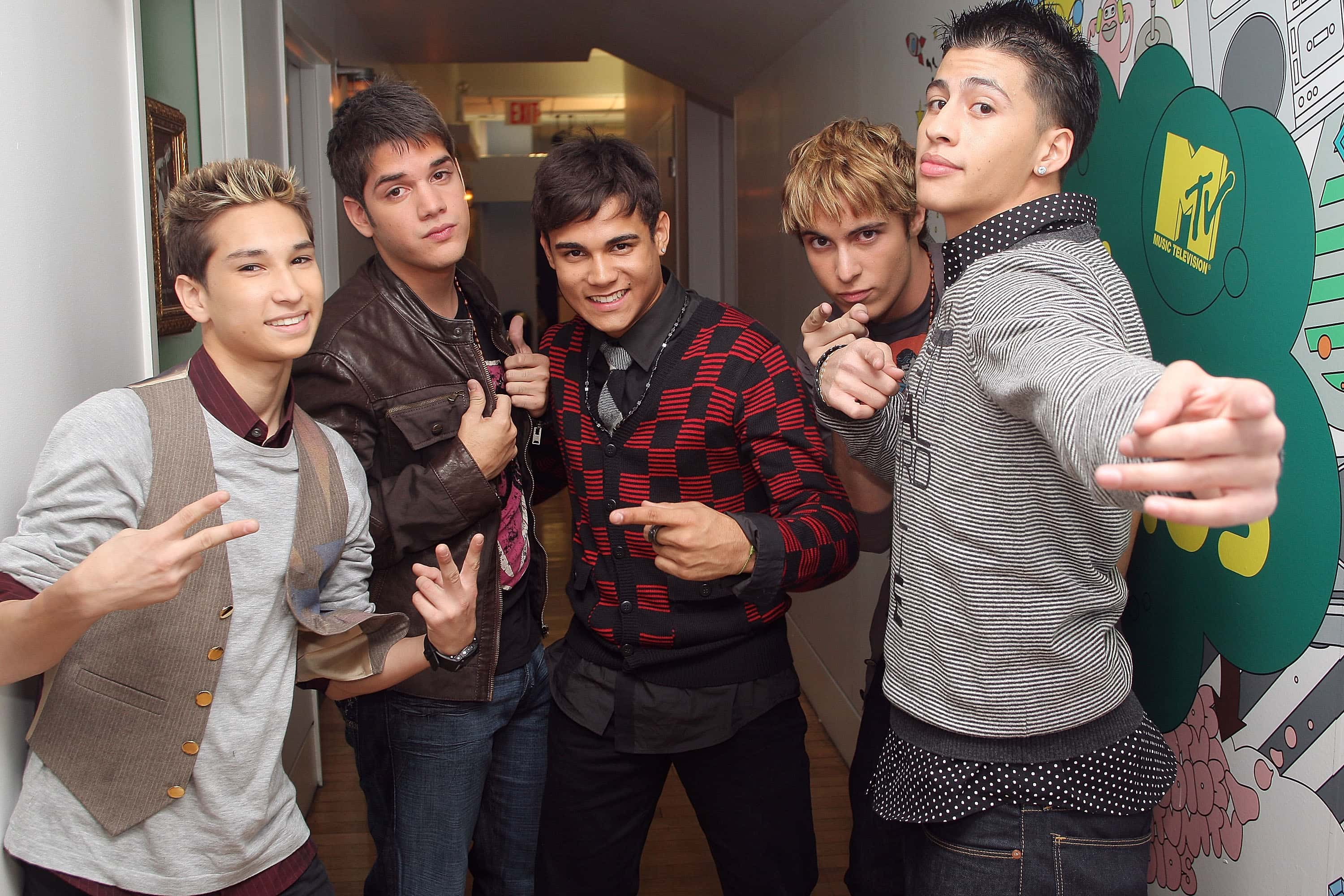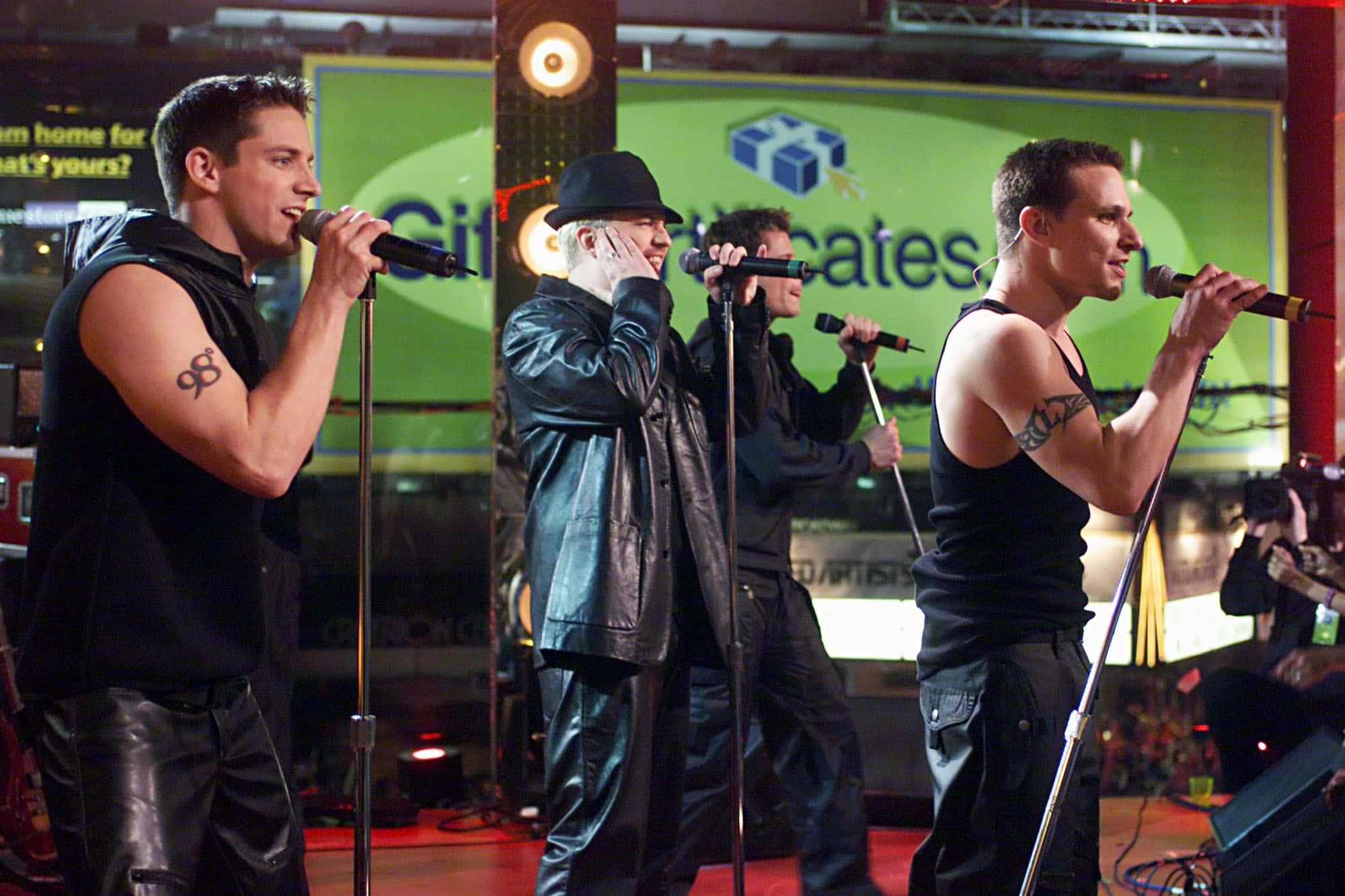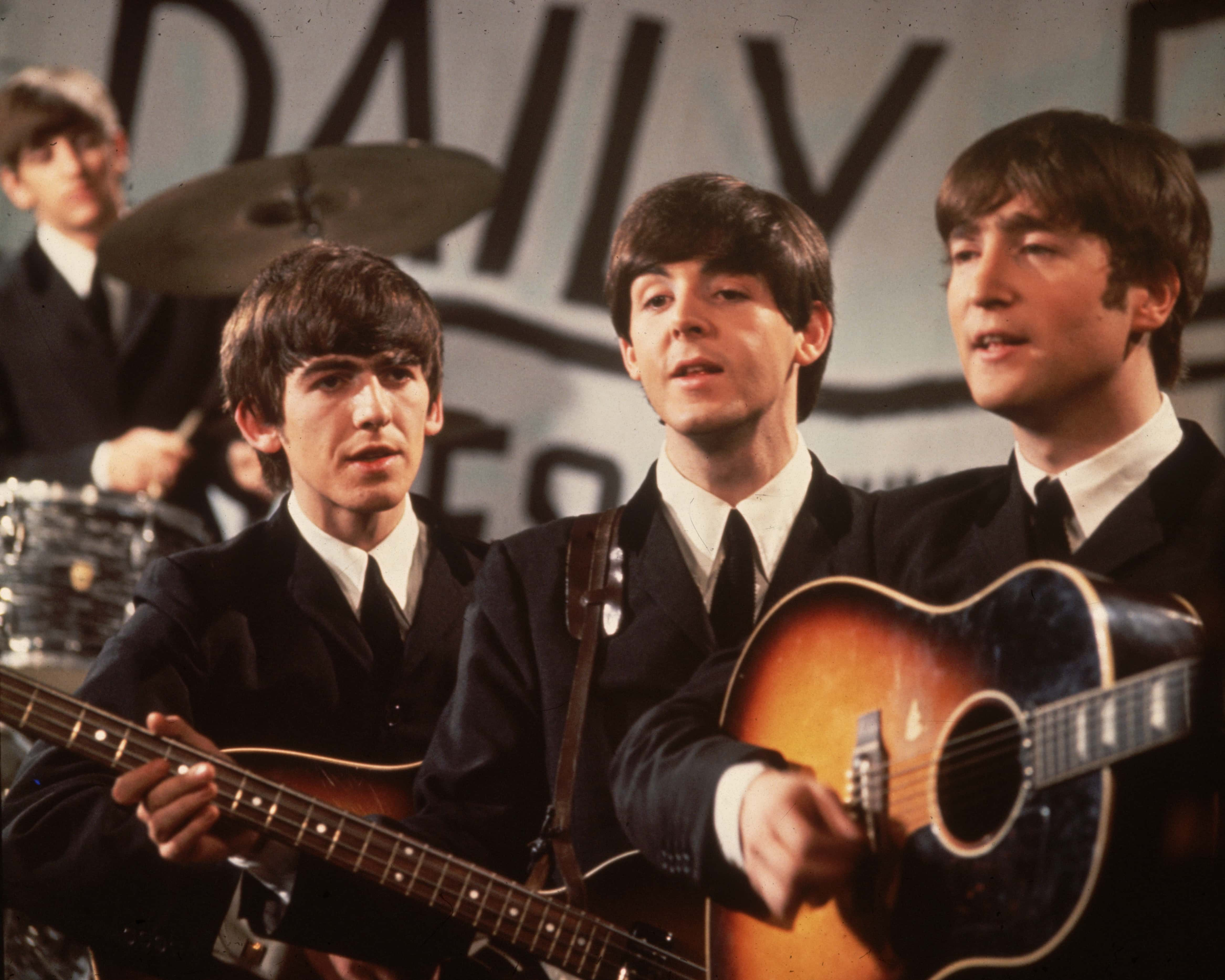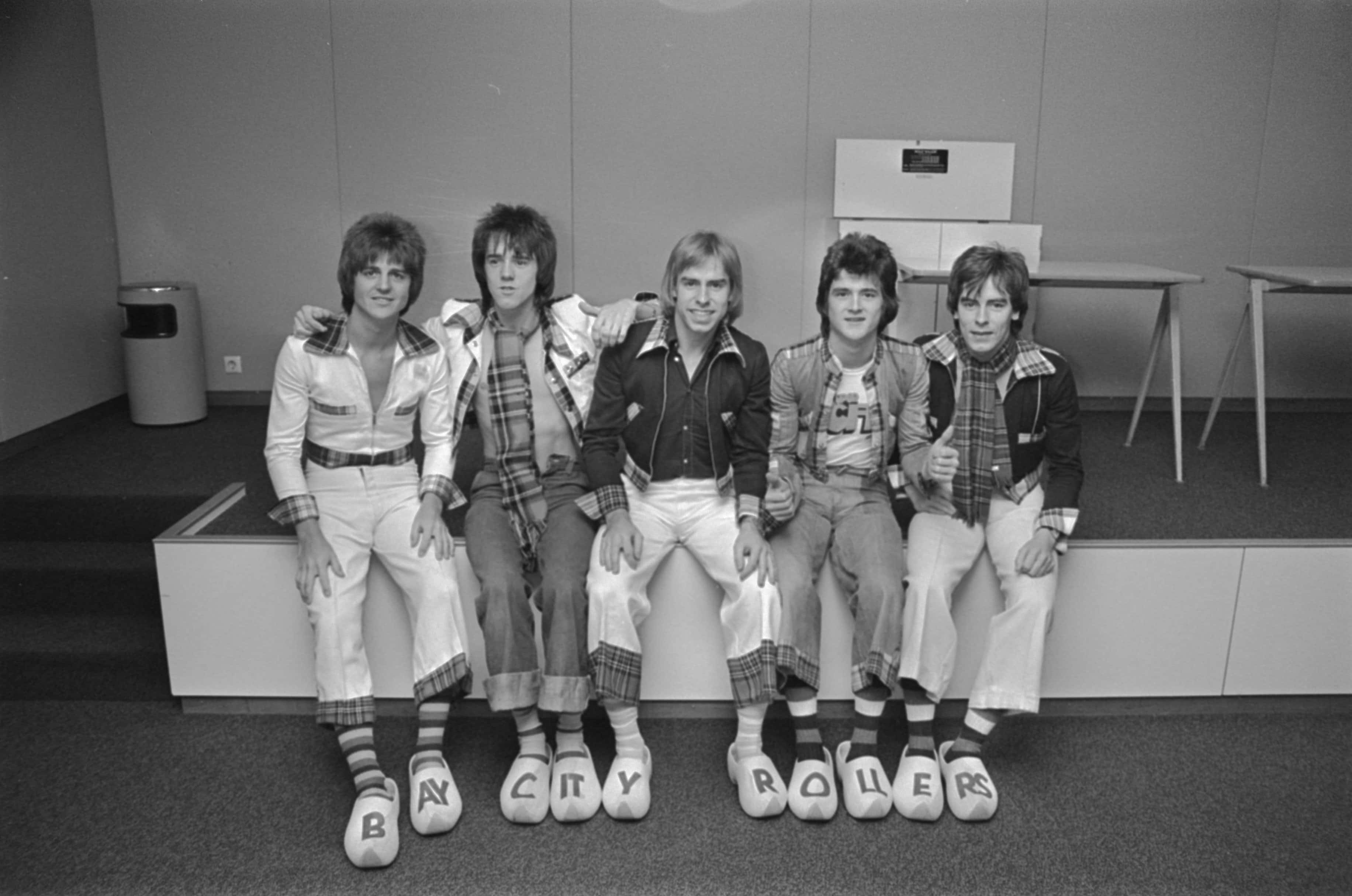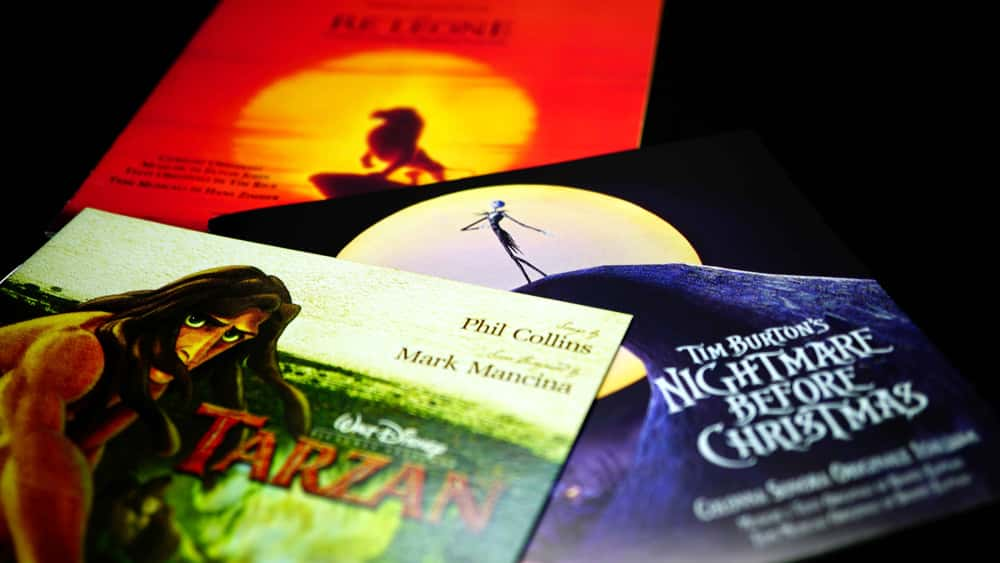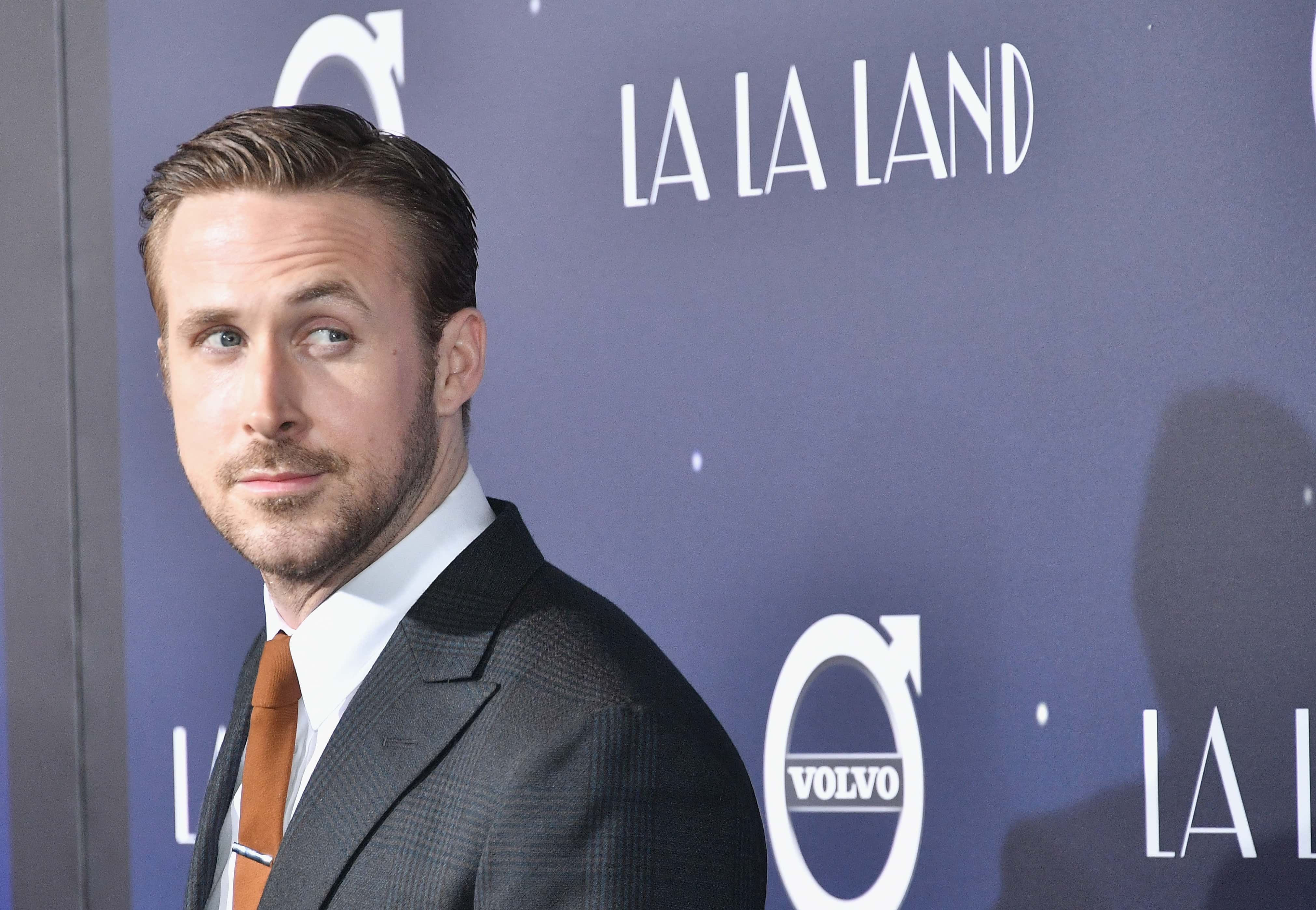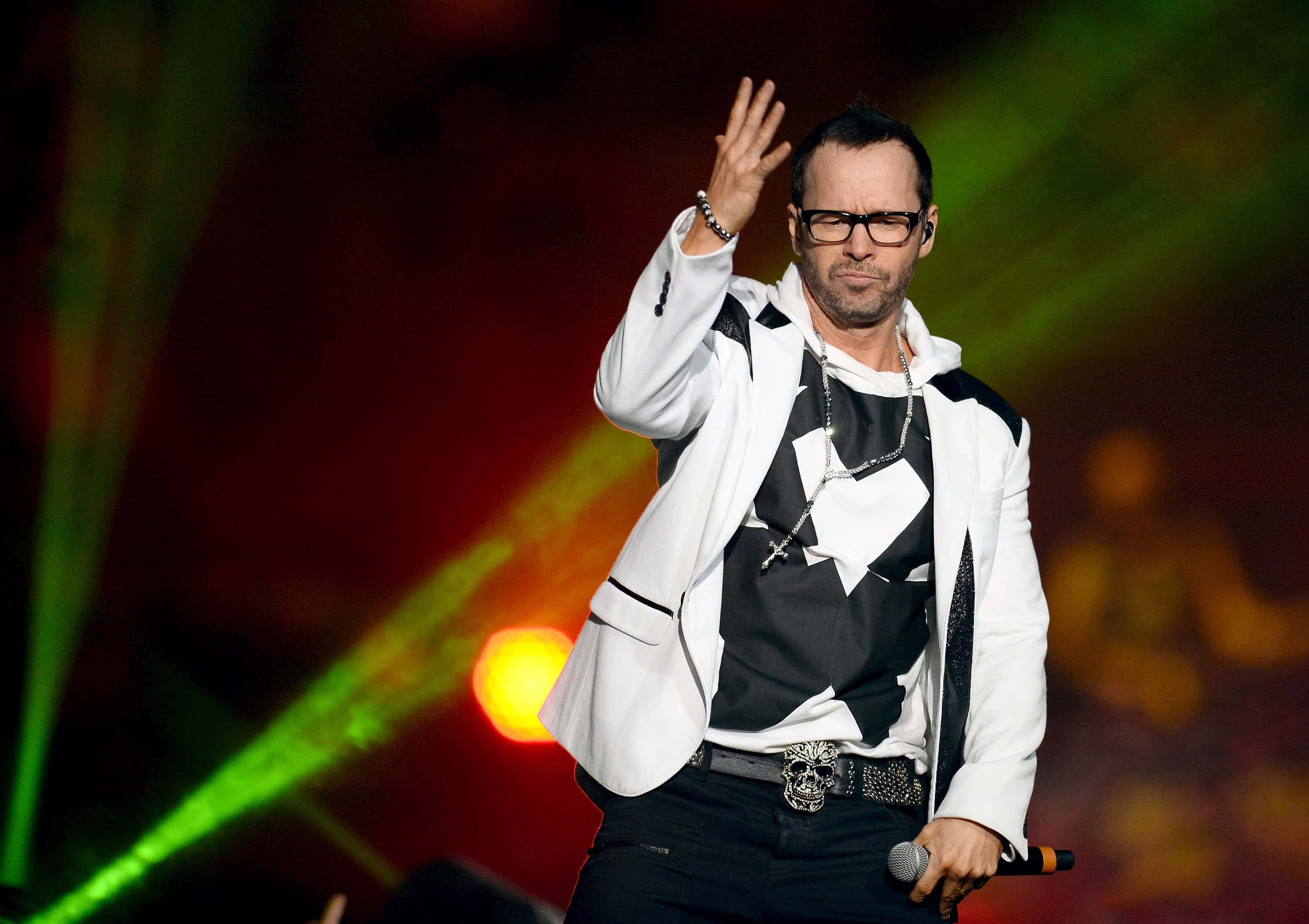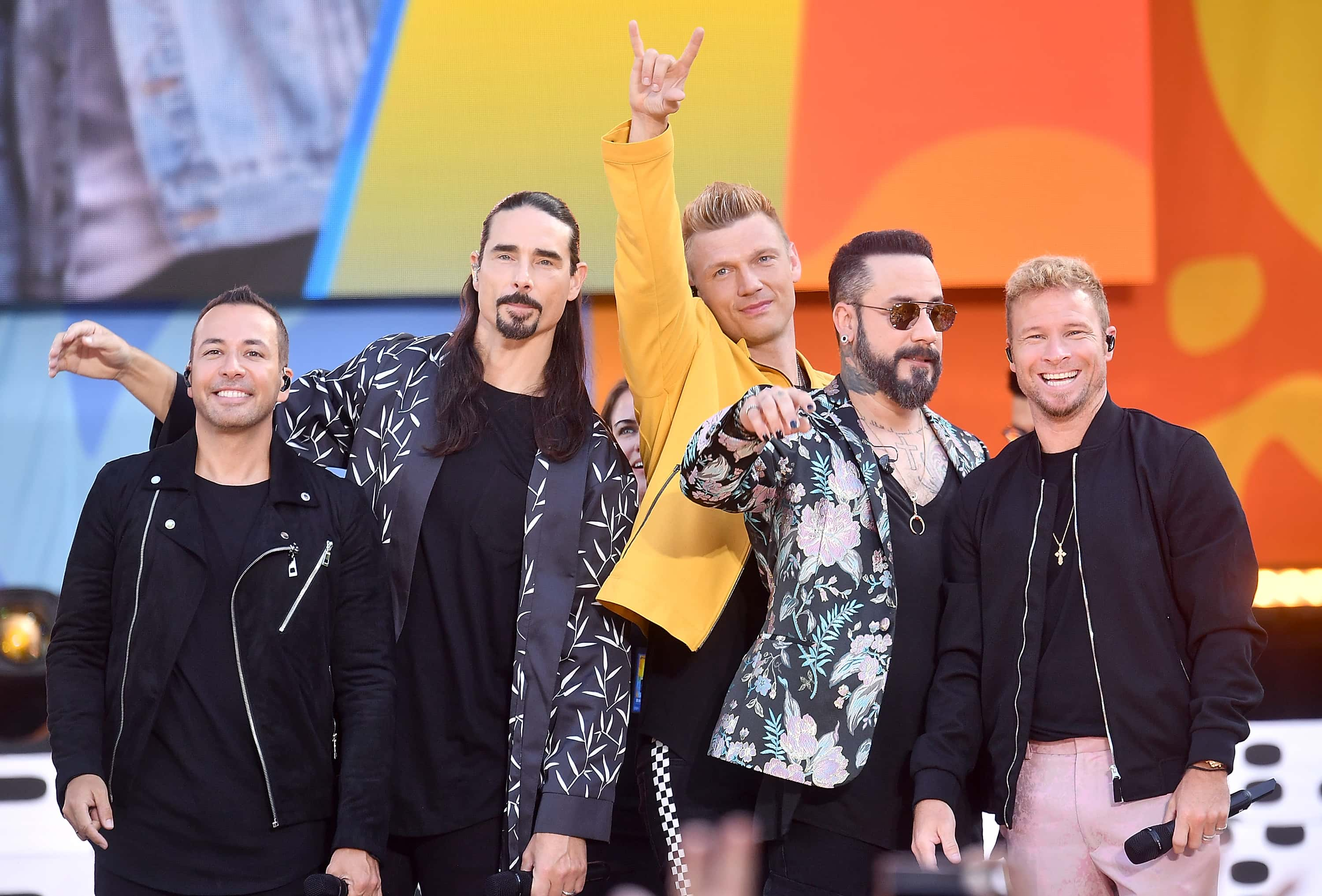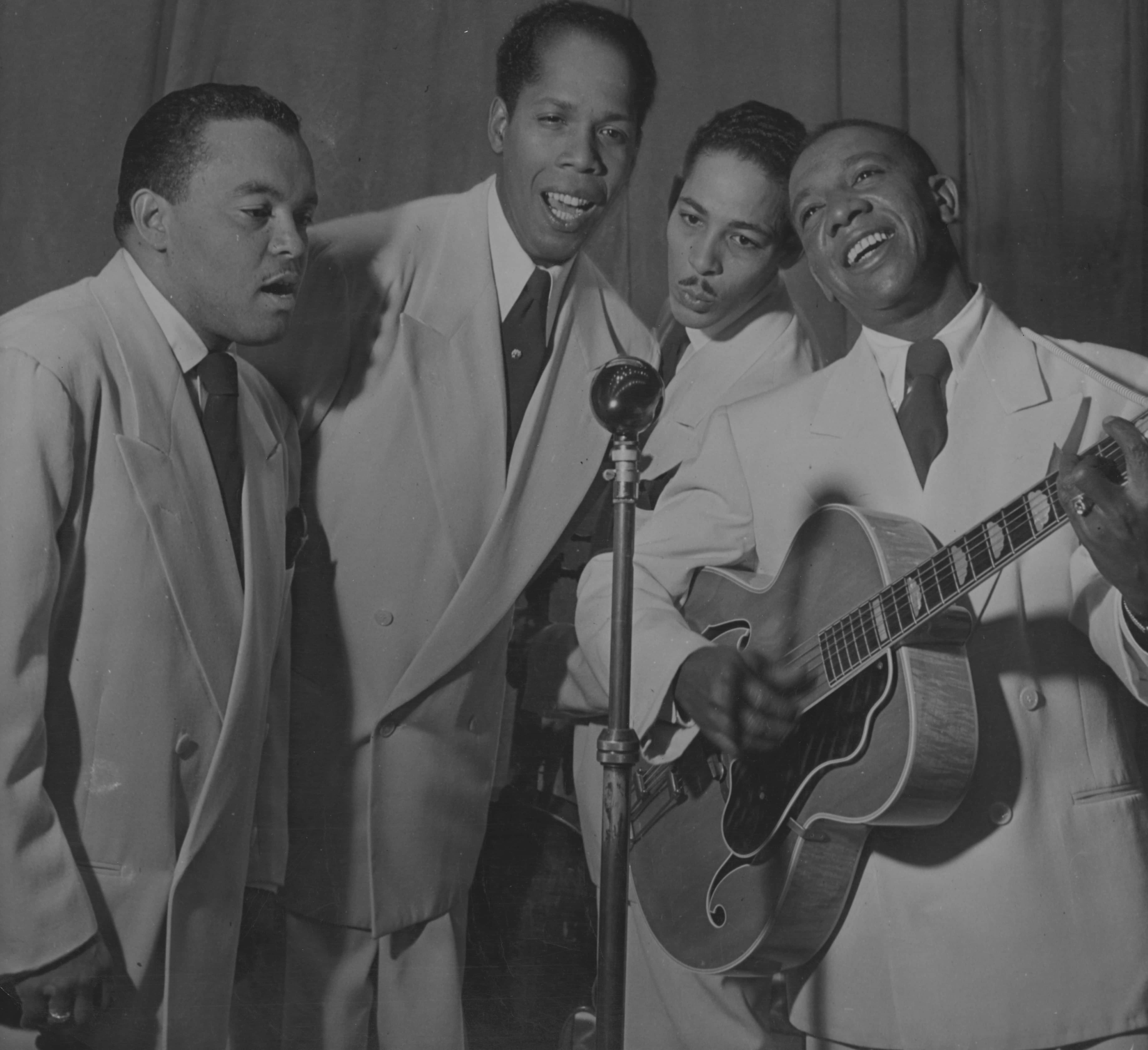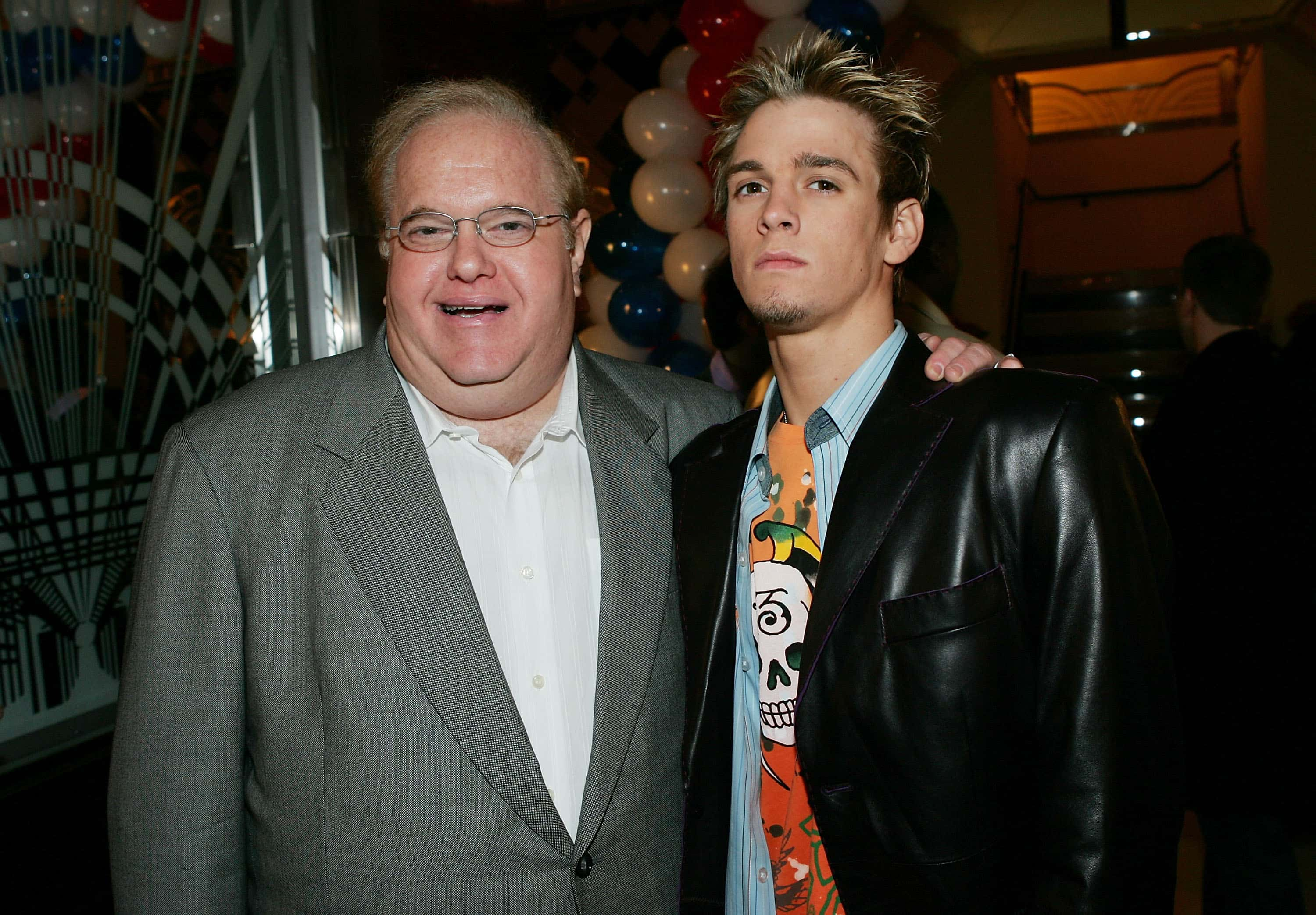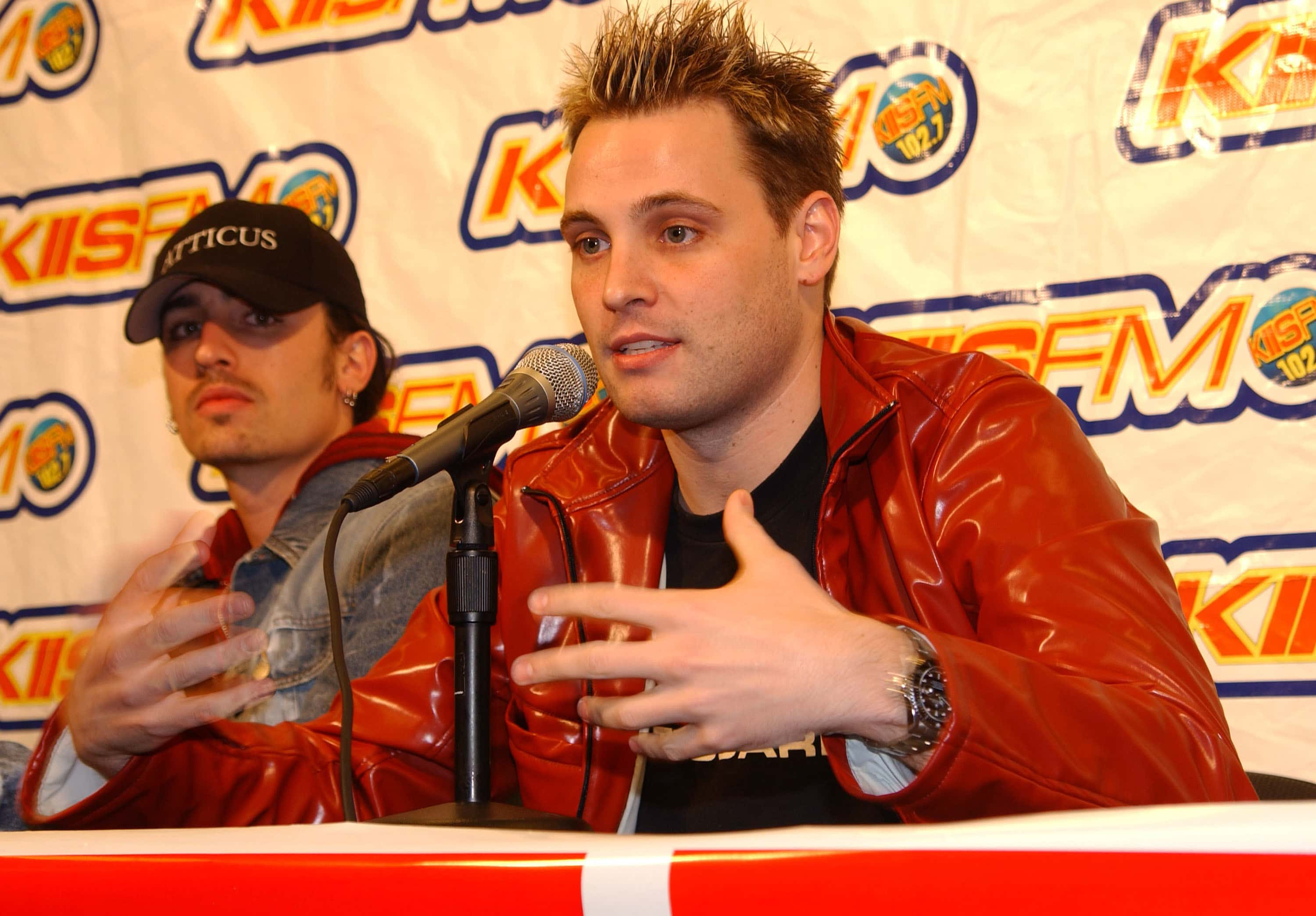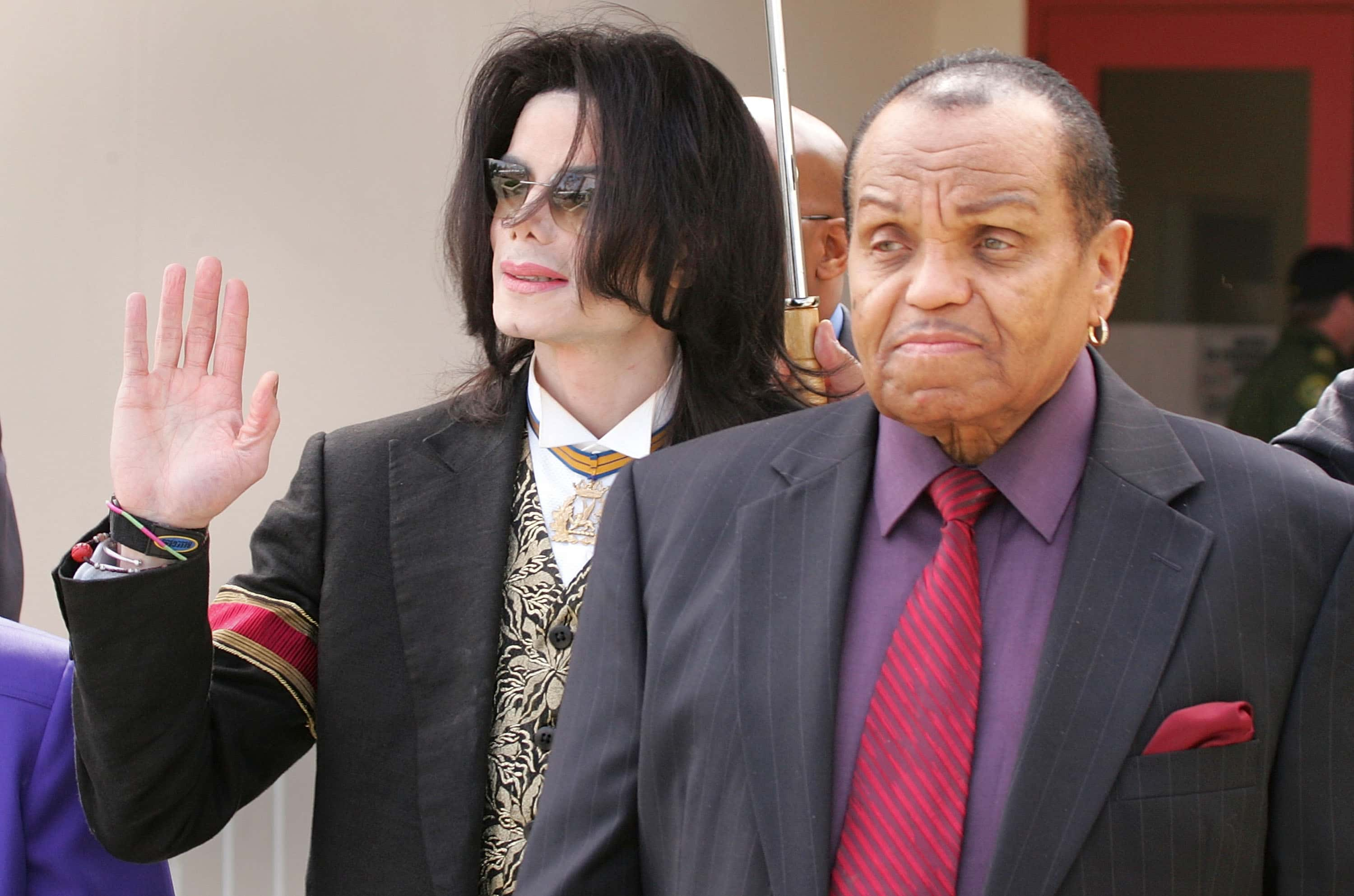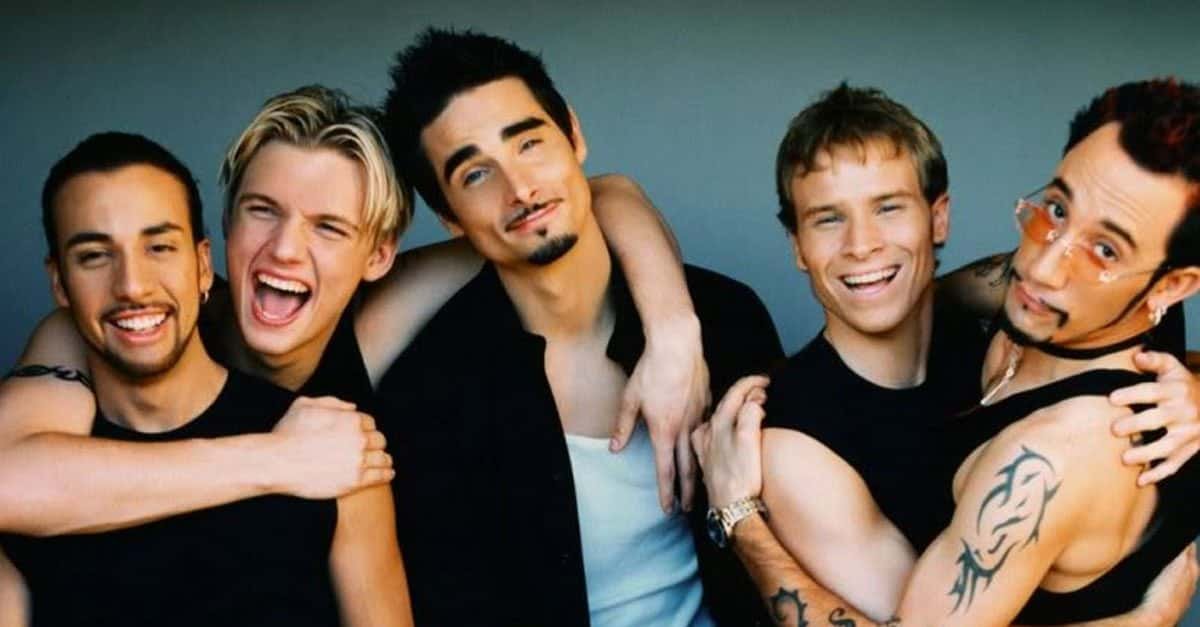The term "boy band" has been met with a lot of derision over the years, unless you yourself are either young enough to adore them or old enough to be nostalgic about them. Love them or hate them, boy bands have an indisputable place of musical importance in the past and present. While many boy bands have been flash-in-the-pan at best, others helped shape the music landscape in ways that you wouldn’t ever think about. Therefore, we here at Factinate have put together this list to shed some light on the boy bands’ legacy.
1. There’s No Boy Bands Under the Rock I Live in!
In case people aren’t sure of the definition, a boy band is usually defined as a group made up of young male singers whose focus is making love songs for girls. More often than not, they also don’t play instruments, focusing on singing and choreography.
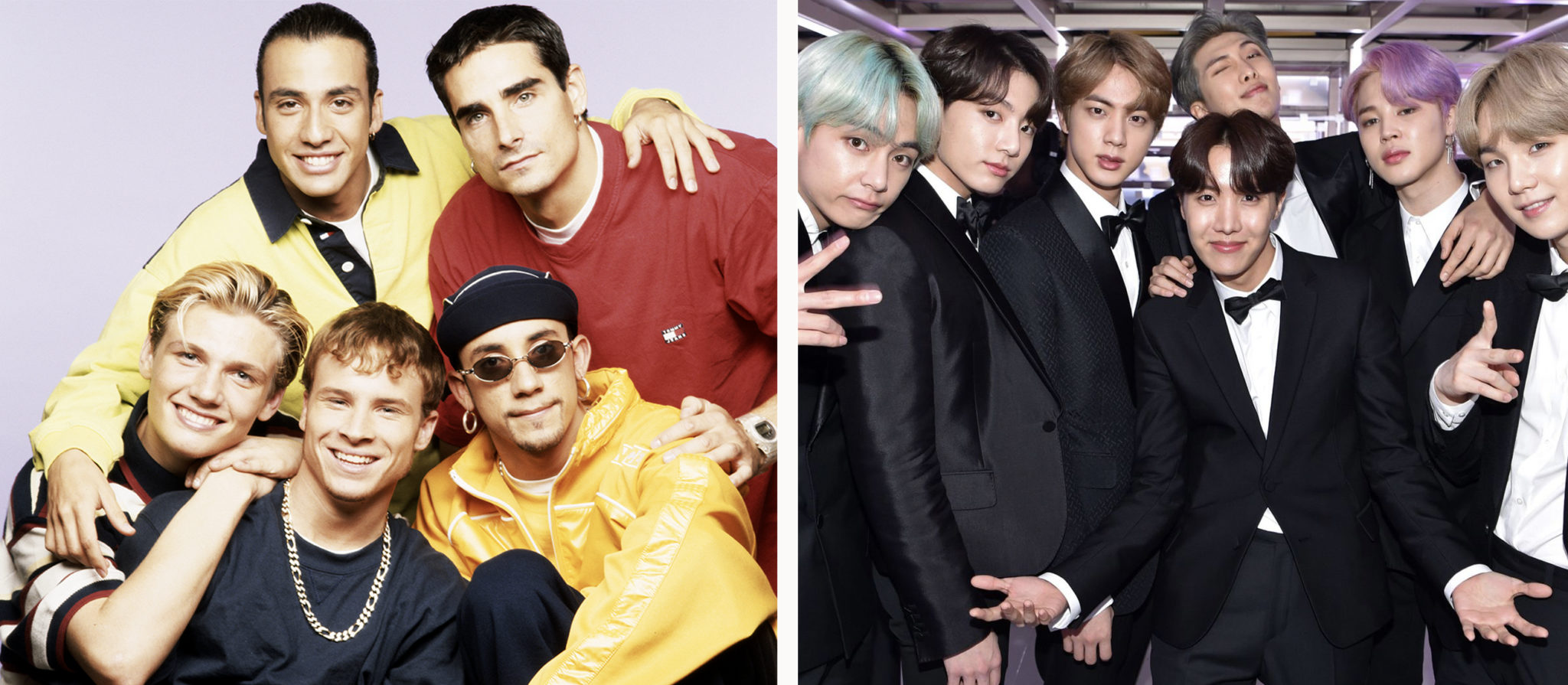
2. That’s Excessive
The term "boy band" wasn’t coined until the late 1980s. Before that, they were often called "hep harmony singing groups". We can certainly see why another term was necessary to describe them.
The Osmonds
3. High Water Marks
So far in history, the popularity of boy bands has peaked at four different times: the 1960s, the late 1990s/early 2000s, the early 2010s, and the late 2010s. So, if you’re reading this in 2019, enjoy this peak while it lasts!
4. Nowadays, They’re the Old Kids from the Block
The first commercially successful boy band that was actually labeled as a boy band in the modern sense was New Kids on the Block. During the late 1980s and early 1990s, New Kids on the Block sold tens of millions of albums, setting the mold and the stage for every major American boy band who emerged after them.
5. Overseas Influence
New Kids on the Block’s success didn’t go unnoticed in Japan. In 1992, SMAP emerged on the scene. For a time, they were the bestselling band in Asia. No, that wasn’t a typo for "Japan". They were the most successful band in all of Asia.
6. Just Changing Music Over Here, No Biggie
Before New Kids on the Block appeared on the scene, the US bore witness to the boy band New Edition. Founded in Boston, New Edition was an R&B group whose members included future star Bobby Brown. As if becoming big in the 1980s wasn’t enough for them, several members of New Edition later formed a new band called Bell Biv DeVoe.
Under this new name, they spent the 1990s pioneering the new jack swing movement, producing the classic hit "Poison".
7. Our Style
While most boy bands perform music that is classified as pop music, there have been several boy bands in the country, folk, and even opera genres.
8. A Bit of Culture
Speaking of opera, British music mogul Simon Cowell formed the vocal group known as Il Divo in the UK. Il Divo is known for singing operatic pop music, usually not in English. Il Divo’s popularity inspired the emergence of similar groups, many in the UK.
9. Who’s the Boss?
One trait often shared by boy bands is that they are managed very closely by a producer who is responsible for their sound, appearance, and their tours. This has, of course, led to some problematic situations, but more on that later.

History's most fascinating stories and darkest secrets, delivered to your inbox daily.
10. Long, Long Ago…
Boy bands have been around for much longer than you’d imagine. Believe it or not, they actually first appeared in the late 19th century! Of course, boy bands back then were quite different from what someone in modern society might picture them to be. They were originally a cappella quartets who worked primarily in barbershops.
In this form, they thrived into the early 20th century.
11. Like Bacon & Eggs
In the 1940s and 1950s, boy bands returned to popularity through the genre of doo-wop music. In case that term isn’t familiar to you, doo-wop is a subgenre of early rhythm & blues (or R&B). Doo-wop is often purely vocal rather than instrumental, with the lyrics usually being about something simple, like, how much you love your partner.
It was the perfect kind of music for boy bands to perform.
12. Retro’s Always Cool
Since we brought up doo-wop, we should also mention a modern boy band that’s based out of the UK. Formed in 2010, the Overtones have made a career out of going back to the doo-wop music that boy bands were known for. They aren’t a passing phase either. They’re still going strong, even moving past the tragic accidental death of their lead singer Timothy Matley in 2018.
13. We Each Wear Different Colors
Just as it was with girl groups like the Spice Girls, members of boy bands often each have defining characteristics which made them (slightly) unique from the other members of their respective bands. Members of the boy bands are frequently portrayed as fitting into stereotypes like the weird one, the adorable cute one, or the cool one.
14. Let the Good Times Roll
One place where boy bands thrived during the 1980s was the UK. Headlining this genre movement was the band called Bros. They were the first modern boy band to release an album in the UK which sold multiple times platinum.
15. From Without and Within
As successful as Bros became in the UK, they were also provided with a gimmick to feed their popularity. Just as with rap, boy bands would engage in feuds with each other, which were fuelled by marketing and gossip magazines. In the case of Bros, they were pitted against their strongest rivals, Take That, whose members included Robbie Williams.
Take That was seen as the edgier band whose subject matter had a more adult tone to it. Of course, even without a feud with another band, Bros fell victim to infighting like so many other bands in music history.
16. Cracks Starting to Show
One controversy which has targeted boy bands is their use of Auto-Tune. This is a common tool in the music industry to help improve an imperfect singing voice. Of course, a reliance on Auto-Tune isn’t something which contributes positively to a boy band’s reputation. The same is the case with lip syncing—as New Kids on the Block was once noticed doing during a live show.
17. The Korean Wave
While the US and the UK are well known for their boy bands, the end of the 20th century going into the 21st century has seen the emergence of South Korea as a very fertile breeding ground for boy bands. Best known for playing within the K-pop genre, boy bands dominate the music charts in South Korea, and in recent years have gained popularity around the world as well.
2PM
18. There Today, Gone Tomorrow
One crucial aspect of the boy band is that they are trendy. They must reflect the look, sound, and attitude which are most popular during their time in the spotlight. As you can imagine, this has resulted in quite a few boy bands having very fleeting careers—does anyone even remember O-Town?
19. I Never Thought of That!
Some of you probably wondered what the meaning was behind the name "NSYNC," even as you were listening to their music. It turns out that the name is actually an acronym, made up of the last letter of each of the band members’ first names. In case you don’t remember who was in the band, allow us: Justi(N), Chri(S), Joe(Y), Jaso(N), and J(C).
Wait, was it just us who didn’t know that? Everyone else already knew??
20. On Top of the World
One K-pop boy band which is doing particularly well as of 2019 is BTS. Unlike many boy bands, BTS has a very diverse range in both their sound and their songs’ lyrical content. Their songs are also co-written by the band members themselves. They’re clearly doing something right, as BTS is the first non-English speaking artist to make the Global Artist Chart.
In case you’re not aware, that chart honors the most popular recording artists based on worldwide sales, whether in physical or downloadable format. In 2018, BTS were second only to Drake in popularity!
21. Don’t Generalize
One thing which was often used to discredit and dismiss boy bands was that they appeared to be creatively uninvolved in their own music. As we mentioned, boy bands rarely play musical instruments during their performances, they often make use of Auto-Tune, and a lot of groups don’t even write their own lyrics or music.
Despite these common accusations, several prominent boy bands—including Take That—actually did write their own music.
22. Those Were the Days!
In the 1960s, two boy bands emerged to incredible prominence, shaping the landscape for boy bands long after they were gone. They were the Osmonds and the Jackson 5. Both groups consisted of siblings performing together from a very early age. Both groups were very successful, with both groups selling more than 70 million records each.
A few of the individual members (Donny Osmond, Michael Jackson) went on to have very successful solo careers, even as the music industry was shaped by their former boy bands and inspiring endless copycats. It’s hard to doubt why the 1960s were known as a peak period for boy bands.
23. Living La Vida Loca, Indeed
In 1977, the boy band Menudo was formed in Puerto Rico. The band became wildly popular in the Latin community, spending 20 years in the spotlight before disbanding, though they also returned briefly in the 2000s. One of their most famous members was none other than Ricky Martin.
24. Rotating Door
One of the more interesting aspects of Menudo was the fact that if any of their members turned 16, or otherwise matured too much, they were replaced with someone else. If someone hasn’t called that kind of pressure the "Peter Pan syndrome," we’re going to trademark it.
25. Noble Effort
98 Degrees was a rarity within the world of boy bands. For one thing, they assembled on their own rather than doing so at the behest of a producer or record label. When they did sign with a record label, it was none other than Motown. This, coupled with their emphasis on writing all their own material, all served to enhance their reputation as being more legit than their competition.
Of course, if that was their plan to make it to the top, it didn’t succeed. While nobody can call 98 Degrees an unsuccessful band, their sale of 10 million records falls rather by the wayside when compared to their more famous peers.
26. We Beg to Differ
One band which has often been described as "the first" boy band is the Beatles. Many have disputed this, due to the Beatles being a rock band that played their own instruments. The argument in favor of their boy band status is their highly vocal and fanatical female fan base. Of course, another argument against the Beatles not being the first is all the historical evidence we’ve been providing in this article, but hey, what do we know?
27. British Invasion, Indeed
In the wake of Beatlemania, there was a brief era during the 1970s which saw the craze known as "Rollermania". A Scottish pop band call the Bay City Rollers took the world by storm. Hailed as "one of the most screamed-at teeny-bopper acts of the 1970s," the Bay City Rollers popularized tartan within the fashion industry.
Fans regularly wore ankle-length tartan trousers or tartan scarves, emulating their heroes.
28. Riding High
Unlike most other boy bands, the group Boyz II Men aimed their music towards an adult audience, rather than teens or children. Coming out of Philadelphia in the 80s, they blended a cappella with R&B. Boyz II Men are often credited with being among the first groups to bring R&B into the mainstream pop charts, where it has remained to this day.
Additionally, Boyz II Men were so successful that in 1994, they replaced themselves at the top of the Billboard Hot 100. Only Elvis and the Beatles had been able to do that before Boyz II Men did. Small wonder that Billboard later listed them as the biggest boy band of the late 20th century.
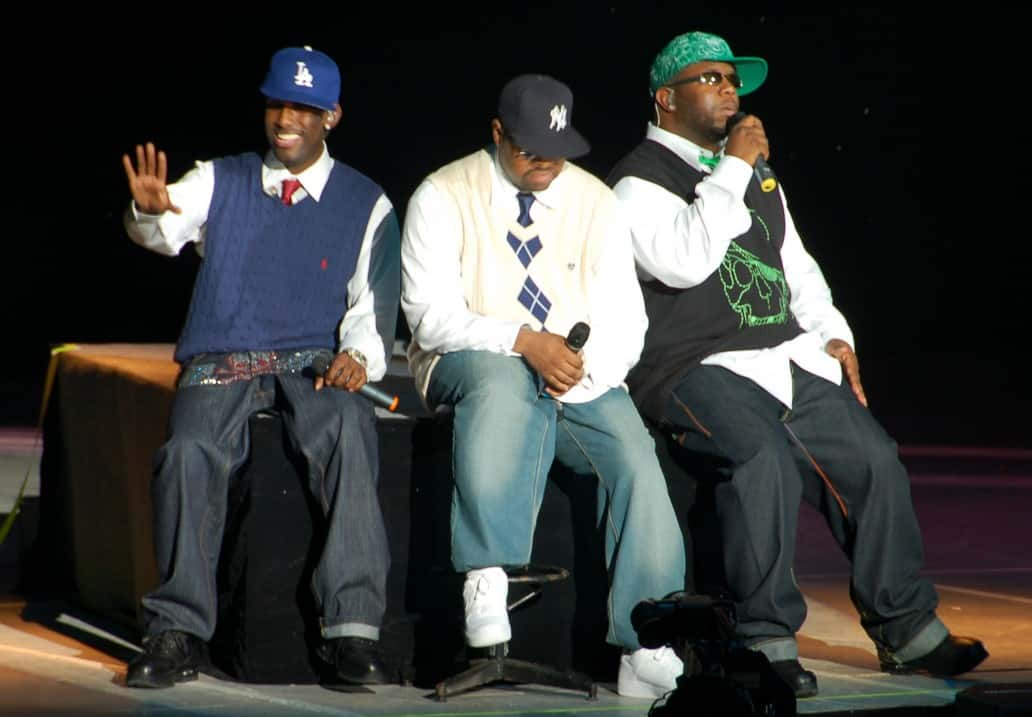 Wikimedia Commons, Momento Mori
Wikimedia Commons, Momento Mori
29. Immortalized in Film
As well as taking the world by storm during the late 1990s, boy bands also became directly involved in what has been remembered as the Disney Renaissance. For those unfamiliar, the Disney company had a really good time during the 1990s, releasing film after film that were critically and commercially successful, especially such classics as The Lion King, Aladdin, and Beauty & the Beast.
By the late 1990s, Disney brought on boy bands to add a new appeal to their films, having them work on the soundtracks of their films. The credits song for Mulan was performed by 98 Degrees and Stevie Wonder, while Tarzan included a song sung by NSYNC and Phil Collins. Something for the kids and their parents!
30. What Might Have Been
The membership of the Backstreet Boys very nearly included one of the most famous Canadian actors of our time. In 1992, band member A.J. Mclean was staying in the same building where Britney Spears, Justin Timberlake, and Ryan Gosling (all of them part of the Mickey Mouse Club at the time) were staying. Gosling and Mclean got along like a house on fire, playing basketball together.
At one point, Mclean suggested to Gosling that he should join their group. Fans of La La Land are free to argue whether that would have been a good or bad idea on Gosling’s part!
31. Boy Band of Brothers?
One of the founding members of New Kids on the Block was none other than Donnie Wahlberg. Following his time as a boy band pop star, Donnie went on to become a Hollywood character actor. He is best known for his appearances in The Sixth Sense, Band of Brothers, and the Saw series. And yes, we’d be remiss to not mention the fact that his younger brother is now-Hollywood figure Mark Wahlberg.
At 13, Mark was also an original member of the group, but he left just a few months into their formation, therefore missing out on all their success.
32. The Commercial Competition
At least ten different boy bands have sold upwards of 40 million records during their careers, with the top contender having sold a whopping 100 million. In order, from 10 to 1, these bands are: Take That (45 million), One Direction (50 million), Westlife (55 million), Boyz II Men (60 million), NSYNC (70 million), Bay City Rollers (70 million), The Jackson 5 (75 million), the Osmonds (77 million), New Kids on the Block (80 million) and the Backstreet Boys (100 million). And yes, the Beatles are absent from this list because they do not count as a boy band.
33. What a Revelation
The world of K-pop was recently hit with a shocking scandal that unfolded over the course of 2018 and continues to the present day. It began with a number of nightclubs. One of these establishments, the Burning Sun, was involved with a notable person: the pop star Seungri, a member of the hit boy band BIGBANG, one of the most famous and successful boy bands in all of South Korea. Depending on which article you read, he's listed as a manager, board member, or public relations director.
The Burning Sun was known as being a very elegant and popular place in Seoul. In January 2019, a man named Kim Sang-kyo said that he was assaulted by club staff members and later apprehended by the authorities. However, Kim later stated that he’d been trying to intervene in the harassment of a female clubgoer when the staff attacked him.
He claimed that the staff was actively endorsing a predatory culture within the club, and the authorities were being bribed to look the other way.
34. The Truth Comes Out
The incident involving the arrest of Kim Sang-kyo at the Burning Sun nightclub turned into a shocking scandal as security cameras in the nightclub depicted a woman being dragged down a hallway, seemingly drugged. The case was taken up by the Seoul Metropolitan Police Agency, who said that not only were illicit substances being used in the nightclub, but they suspected that Seungri himself was complicit in arranging for sex workers and "easy girls" to be brought to prestigious guests visiting his clubs.
In March 2019, Seungri was booked on sexual bribery charges.
35. The House of Cards Collapses
As if the Burning Sun scandal wasn’t bad enough already, more revelations were in store. One man was found to have secretly recorded women in bed and then shared the videos on chatrooms. Investigators suspect K-pop stars such as Yong Jun-hyung and Choi Jong-hoon to have frequented these webpages. These two, along with Seungri, resigned from the entertainment industry, along with several other idols and celebrities.
36. Ground Breakers
Given the origin of doo-wop, and the role it played in shaping boy bands, it shouldn’t surprise you to know that the first modern-day boy bands emerged from within the black community. One of the first of these boy bands was the Ink Spots. Despite performing in the 1930s and 1940s, the Ink Spots were very popular with both white and black audiences in a time when there were separate bathrooms for those groups of people.
In fact, the Ink Spots hold the honor of being the first black people to appear on American television, which they did in 1936.
37. Thank You. Next!
Some boy bands have strongly objected to being labeled with the term "boy band," as pop culture and the media often use the term derisively. It can also do damage to a music group’s image, reputation, and success. The Canadian group called the Moffatts cited the main reason for their break-up as being pigeonholed as a boy band.
In another example, Eric Carmen of the Raspberries reflected that "it was not hip for people to like [the Raspberries] because their little sister liked us".
38. Looming Large
One of the main figures behind the boy band craze of the 1990s and early 2000s was Lou Pearlman. Inspired by the success of New Kids on the Block, Pearlman started his own record label and formed several boy bands to capitalize on the trends of the time. It was Pearlman who launched both the Backstreet Boys and NSYNC onto the world, both of them becoming smash hits around the world.
He was also responsible for such bands as O-Town, LFO, and Take 5.
39. Nothing Left but the Truth
If you were considering sending a thank-you note to Lou Pearlman for his role in bringing your favorite boy bands into existence, think again. Nearly every single one of the bands that he managed ended up suing him for fraud and misrepresentation. In one case, the Backstreet Boys disputed the idea that Pearlman was paid as a sixth member of their group, as well as the fact that they were making hundreds of thousands while Pearlman was a millionaire off their success.
With all these lawsuits, Pearlman was either forced to settle out of court, or lost the suit and had to pay up. This was just the beginning of his troubles, however.
40. The Toppled Tyrant
Even after his heyday as a boy band mogul had come crashing down in a storm of lawsuits, Pearlman wasn’t out of the woods. It was revealed in 2006 that he’d defrauded $300 million from his investors in an elaborate Ponzi scheme that had lasted over 20 years. Two of the companies that he’d formed existed purely on paper for him to take funds for himself.
In 2008, Pearlman was found guilty of money laundering and conspiracy, getting 25 years in prison for his troubles. However, he didn’t live long enough to serve that time, as he passed on from cardiac arrest in 2010.
41. A Sinister Possibility
As if Lou Pearlman’s financial robbery of various boy bands wasn’t damaging enough, a much more sinister side of things emerged in 2009. During an interview, LFO band member Rich Cronin painted a picture of Pearlman being a predator, flirting with the boy band members signed to his company. He allegedly offered preference and special treatment in exchange for intimate favors.
We should point out that Cronin’s claims have been denied by Lance Bass of NSYNC, and Pearlman died before a trial could be held to find out the truth behind Cronin’s words.
42. A Cruel Legacy
The success of the Jackson 5 did not come without a terrible cost to the innocence of its members. It’s become well known within pop culture, but it’s worth repeating just in case. Joe Jackson, the patriarch of the Jackson family, has long been revealed as having been a ruthless disciplinarian towards his children, pushing them to make their music at all costs.
The kids were pushed to the point of exhaustion during rehearsals, and if any of them missed or failed to sing a specific note, they were subjected to physical and verbal abuse. Michael Jackson later admitted that he was so scared of his father that he’d sometimes become physically ill in his presence.
Sources: 1, 2, 3, 4, 5, 6, 7, 8, 9, 10, 11, 12, 13, 14, 15, 16, 17, 18, 19, 20, 21, 22, 23, 24, 25, 26, 27, 28, 29, 30

